Why do wild horses get kicked out of herds: A Shocking Truth Revealed !!
Sep 07, 2023 | Super Equestrian

Wild horses have long captured the imagination and admiration of people around the world. These majestic creatures have roamed free across the American West for centuries, creating strong social bonds within their herds.
But have you ever wondered, why wild horses get kicked out of herds? What happens when a wild horse is kicked out of its herd? In this blog, we'll explore this question and uncover the fascinating reasons behind this natural behavior.
Wild horses live in herds, which are made up of several mares, their foals, and a dominant stallion. The stallion is responsible for protecting the herd and breeding with the mares, while the mares work together to care for and raise their young.
Wild horse herds have a complicated social structure that can be affected by things like the availability of food and water, the number of horses in the herd, and how each horse acts.
Understanding how horses socialize is crucial to figuring out why some horses get left behind to take care of themselves. From interactions to survival instincts, we’ll delve into the world of wild horses and learn the mysteries of their remarkable life!
Dominance Hierarchy Can Lead to Wild Horses scattering from the herd
One of the most prevalent reasons for wild horses being kicked out of their herds is dominance disputes. Among the herd, horses create a rigid dominance structure that decides which horse is in command.
This order is usually based on age, size, strength, and aggression. Dominant horses may engage in aggressive behaviors such as kicking, biting, or chasing to establish and maintain their position.
Here are reasons why wild horses can get kicked out of the herd due to dominance-
- Unable to compete for resources: In resource competition, if a lower-ranking horse is unable to compete successfully with the dominant member of the herd, it may be banished and forced to seek resources elsewhere.
- Challenging for upper rank: Challenging for higher positions in the hierarchy can lead to aggression among wild horses. In some cases, weaker or lower-ranked horses may be unable to win these challenges and can be kicked out of the herd.
- Horses that go against dominance: Wild horses that refuse to accept established dominance hierarchies may experience attack from other members of the herd and be perceived as a danger to social order. To maintain social stability, that horse may be kicked out of the herd.
Competition for Reproduction can cause wild horses kicked out of the herd
Mating is an important aspect of horse social behavior, but at the same time, it can also be a cause for horses getting kicked out of their herds. In the wild, male horses compete for the opportunity to mate with female horses.
This competition is fierce and can lead to male horses being booted out. Among the male horses, those who are strongest and most dominant often have the best chance of mating with the females in the herd.
Here are some reasons why wild male horses can get kicked out of the herd due to reproduction competition-
- Competition for mares: Wild male horses compete with each other to mate with female horses. The dominant stallion in the herd will usually breed with most of the mares. On the other hand, less dominant males may struggle to find mates.
- Lose in matting fighting: Competition for mates can lead to fighting among male horses. If a male horse repeatedly fails to find mates, he may be forced to leave the herd.
- Engage in risky behavior: Some male horses may engage in a dangerous activity, such as attempting to mate with mares outside their herd or stealing mares from other males. This sort of behavior can cause conflict and violence which increases the chances of being kicked out of the herd.
Age-Based Hierarchy Can Cause Wild Horse thrown Out From Herd
In the wild horse community, another factor that determines a horse's place in the herd is its age. Wild horse herds have a strict age-based hierarchy, which is based on age and experience.
For example, older and experienced horses usually have more seniority and hold a higher rank in the herd. The younger ones, on the contrary, stand at the bottom of the hierarchy.
Here are a few reasons why older or younger wild horses can get kicked out of the herd due to age-
- Younger horses place dominance over older ones: As young horses reach maturity, they may assert dominance over older horses. If they are successful, they may move up in rank otherwise they may be kicked out of the herd.
- Immature horses are useless: Immature horses or foals get kicked out simply because they are not useful to the group. They are listed as a liability to the herd if they are not strong or healthy enough to survive on their own.
- Older horses become a burden: As the herd grows too large, some horses must be kicked out to maintain balance and resource availability. Older or weaker horses may be more likely to be forced out since they may not be as valuable to the group.
Health Concerns Can Lead to Wild Horse booted Out From Herd
Sickness or injury can sometimes lead horses to lose their place in the herd. Horses that are unwell or damaged may be unable to keep up and become a risk to the herd's overall health.
Infected horses are often seen as an additional burden on the group. This may be especially true if resources are limited, and the herd must prioritize stronger members.
Here are some reasons why wild horses can get kicked out of the herd due to illness-
- Contagious illnesses can spread quickly: If a horse in the herd has a contagious condition, such as equine influenza or strangles, it can quickly spread to other horses in the group. To prevent an outbreak and protect the health of the herd, the sick horse may be kicked out of the herd.
- Injuries can affect a horse's ability to compete: Injured horses may be unable to protect themselves against attacks from other horses. As a result, they may be seen as a liability and removed from the herd to ensure others’ safety.
- Weak horses may be unable to survive: If a horse is weak or severely ill, it may be difficult to find enough food and water to survive. To ensure that the rest of the herd has enough food or other supplies, the weaker horse may be thrown out of the group.
Environmental Factors Can Cause Wild Horses To Get Kicked Out From Herd
In their natural habitats, wild horse herds have to compete for limited resources. This competition can lead to changes in the hierarchy. In certain situations, the herd may become too large, and some horses may be forced to leave to reduce the competition for resources.
Here are some reasons why wild horses can get kicked out of the herd due to limited resources or environmental factors-
- Competition for food and water: Wild horse herds live in areas with confined resources like grazing areas and water sources. This scarcity causes competition among horses, and powerful animals restrict access to resources, often kicking lower-ranked horses out of the herd.
- Overgrazing: Overpopulation and overgrazing can lead to fewer food supplies. As a result, some horses may be kicked out from the group to restrict resource access.
- Natural disasters and environmental changes: Environmental changes like deforestation, urbanization, drought, or natural disasters can greatly affect a wild horse herd's access to food and water. It can lead to horses being kicked out of the herd if they cannot find enough food and water to survive.
Consequences of a wild horse being kicked out of a herd
Have you ever wondered what happens to a wild horse when it gets kicked out of its herd? The consequences can be severe, and they can affect not only the horse but also the entire ecosystem in which it lives.
Let's take a closer look at some of the consequences that a wild horse can face after being expelled from its herd.
- Increased vulnerability to predators: When a wild horse is kicked out of the herd, it loses the protection and safety of the group. This makes it more vulnerable to predators who are always looking for weaker or isolated prey.
- Risk of injury or death from exposure to the elements: Being kicked out of the herd puts a wild horse at risk of exposure to extreme weather conditions like heat, cold, or storms. It causes horses to be vulnerable to injuries, illness, and even death.
- Difficulty finding food and water: A wild horse that has been thrown out of the herd may struggle to find food and water. Finding food and water can be hard for them in new areas with limited resources, especially in harsh environments. This struggle can impact their survival and overall health.
- Challenges of living as a solitary horse: Living as a solitary horse can be challenging as they are social animals. They may experience loneliness and have difficulty finding new sources without the help of a herd.
Possible Ways to Help Kicked-Out Wild Horses
Life can be tough for a wild horse that has been forced out of the herd. So, what can be done to support wild horses that have been kicked out of their herd and are struggling to survive on their own?
Here are some possible solutions that may help.
- Participating in adoption programs: Participating in adoption programs is a way to help kicked-out wild horses. These programs offer a new home and care for the horses and reduce the number of horses in government-run facilities.
- Support or visit equine sanctuaries: Supporting equine sanctuaries helps kicked-out wild horses by providing shelter, aiding abandoned or abused horses, and raising awareness through education programs.
- Volunteering equine organizations: Volunteering at organizations supporting wild horse conservation involves tasks like habitat restoration, advocacy work, and caring for rescued horses and adoption events, making it another great way to help.
Conclusion
Wild horse herds are fascinating social structures, but they can also be a harsh and unforgiving environment.
Horses that are kicked out of their herds may face significant challenges, as they are more vulnerable to predators and may struggle to find resources on their own. To protect wild horses and their habitats, we must understand why they get kicked out of their herds.
And I believe if you follow our solution, you can develop effective conservation strategies and safeguard the future of these majestic animals for generations to come.
Thank you for visiting us and please share your perspective in the comment section about wild horses!
Recent Blogs
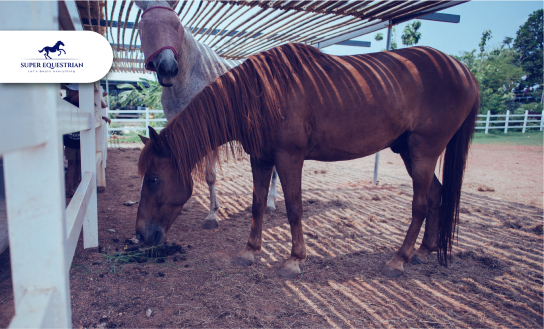
Common Equine Diseases and How ...
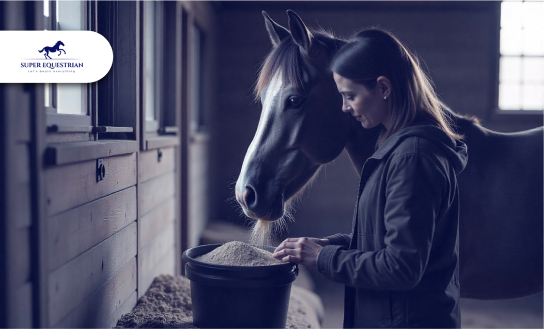
Equine Health Supplements: What Every ...
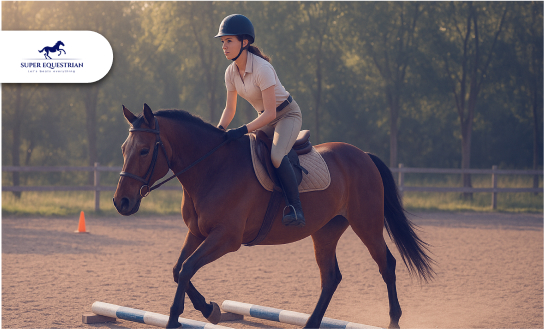
Jumping Basics: How to Prepare ...
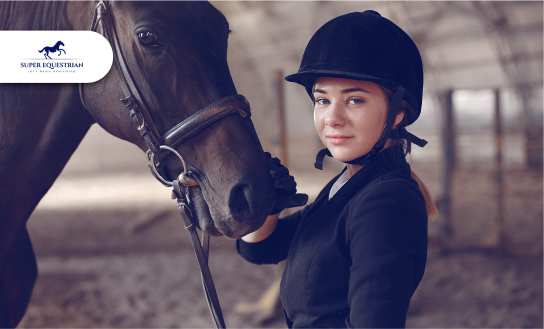
Essential Horse Riding Gear for ...

How to Balance Work, Life, ...

How to Balance Work, Life, ...

Top 5 Exercises to Improve ...
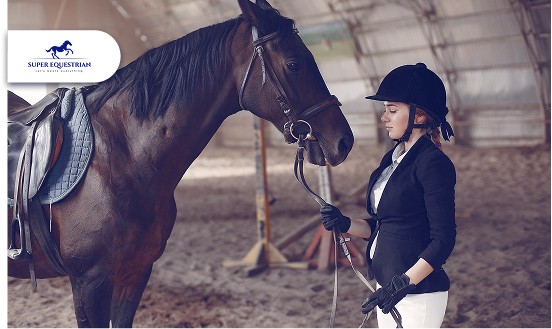
How to Build Confidence as ...
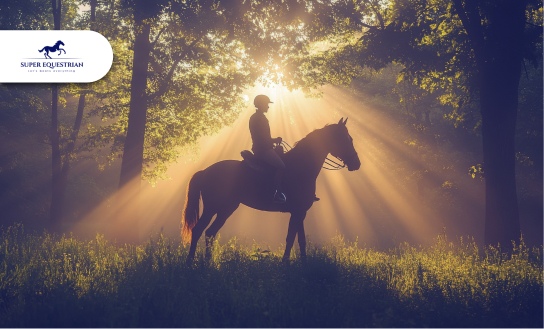
Spotlight on Equestrian Legends: Riders ...

Horse Auctions and Sales...

Top Horse Friendly Travel Destinations ...

How to Build Stronger Bonds ...

Upcoming Horse Shows and Competitions ...

MIPS Equestrian Helmet The Future ...
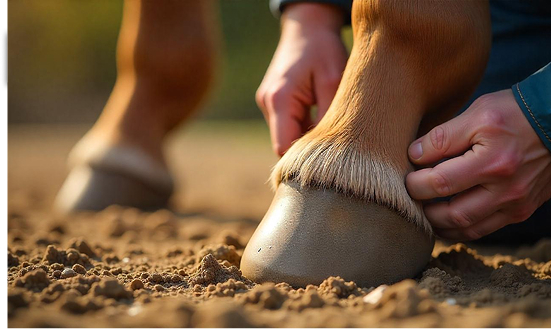
How to Recognize and Treat ...
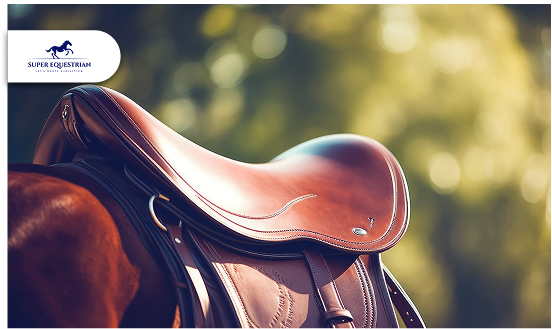
How to Choose the Perfect ...
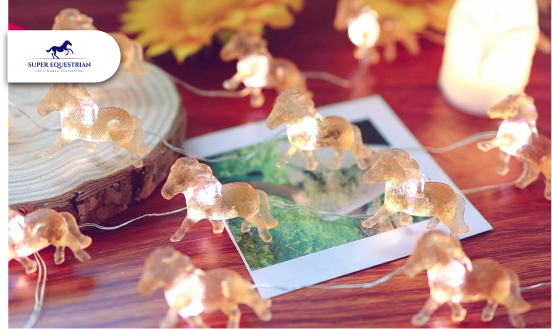
Horse-Themed Gifts Unique Ideas ...
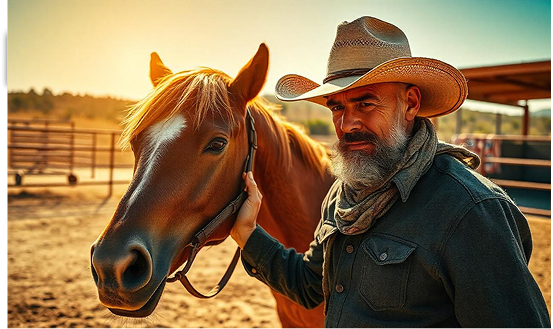
Horse Training Techniques: Creating A ...
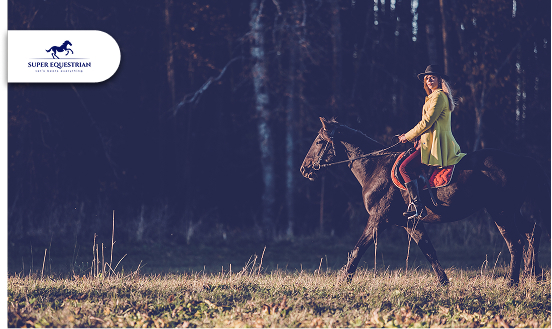
Horseback Riding Lessons – Everything You ...
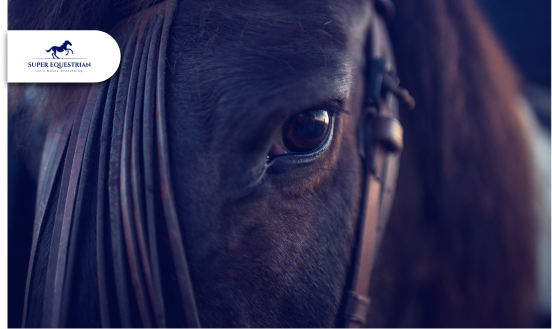
Horse Photography Tips: Learn the ...
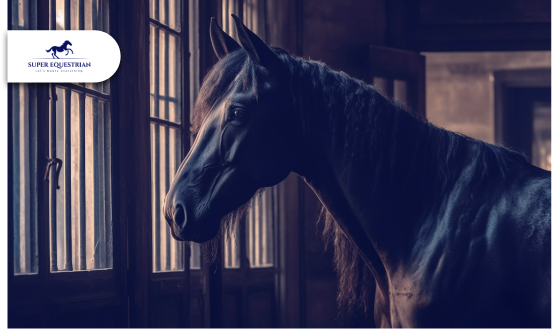
Horse Stable Management: The Quiet ...
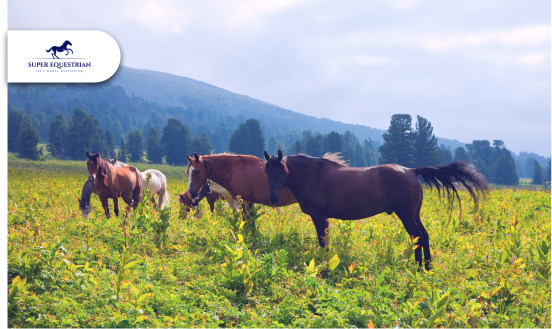
Horse Rescue Organizations: A Profound ...
Horse Racing Events A Look ...
Best Horse Manure Fork Six ...
What Are The Rarest Horses ...
What Does It Mean When ...
Horse Insurance Providers This Is ...

Horse Behaviour and Psychology: Learn ...

How Much Does a Horse ...
.jpg)
Best Monoflap Saddles For Your ...
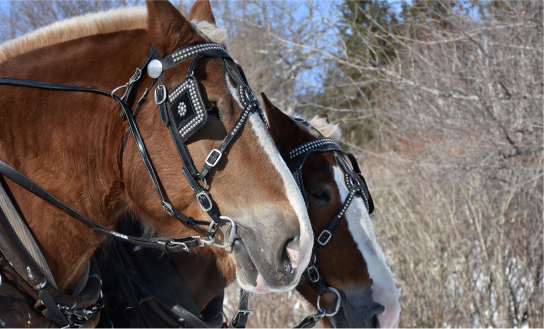
Best Hackamore For Barrel Racing...
.jpg)
Best Barrel Racing Reins Top ...
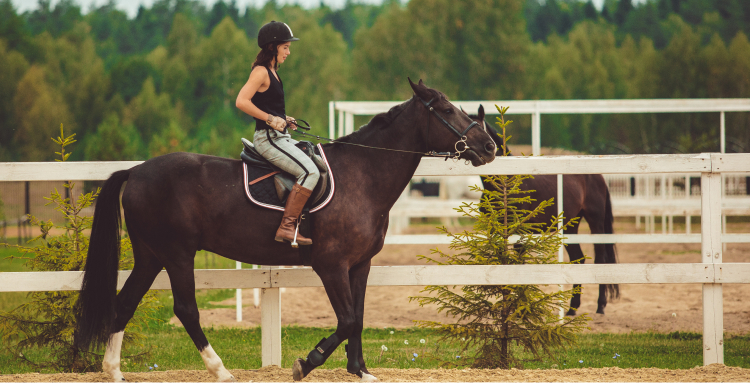
Horse Anatomy And Physiology: Facts ...
.jpg)
Best Stirrups For Ankle Pain - ...
.jpg)
Horse Care Tips and Tricks: ...
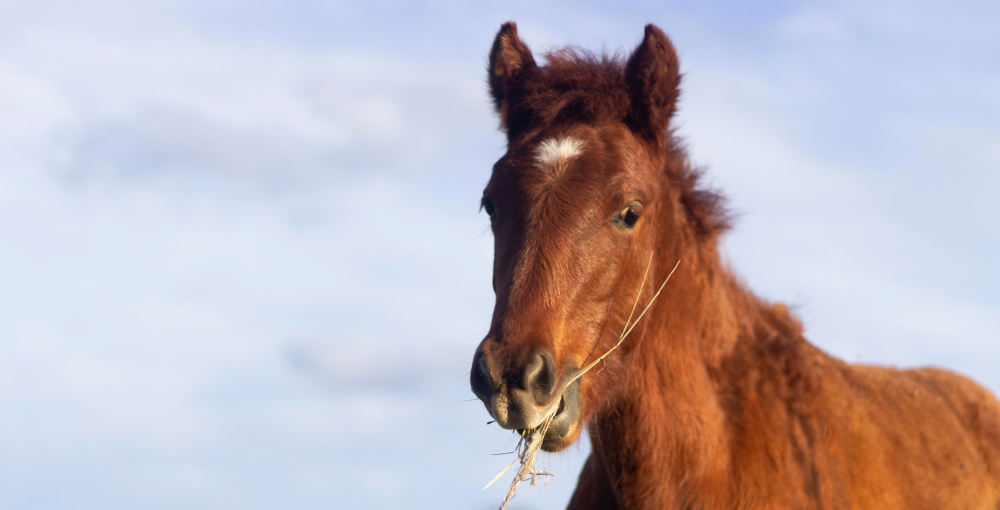
What Do Wild Horses Eat- ...
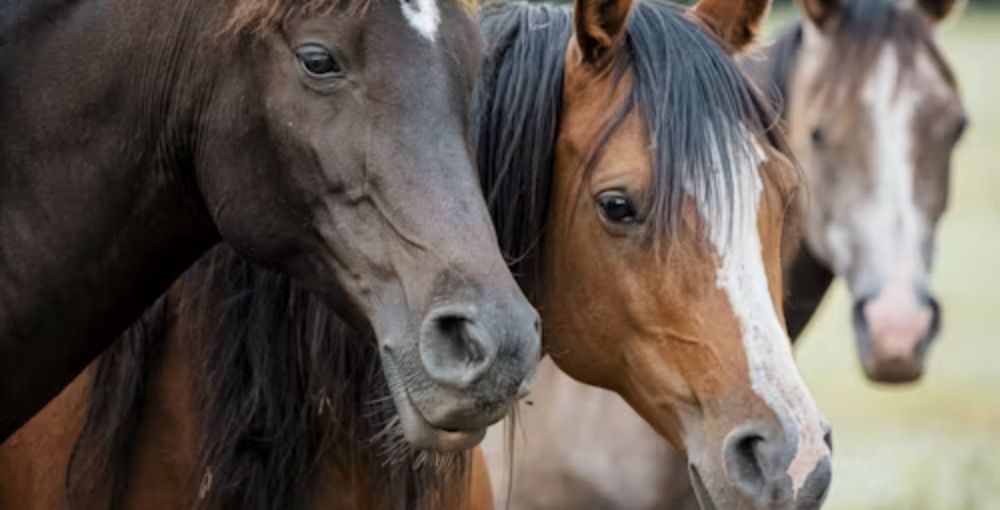
Horse Breeds and Characteristics: How ...
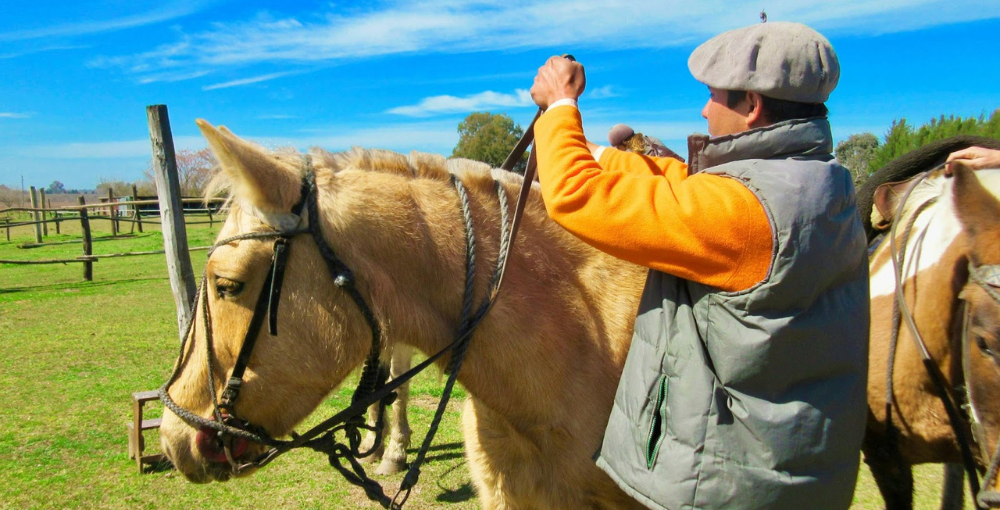
Best Barrel Racing Reins - Top ...

Horse Breeds and Characteristics: How ...
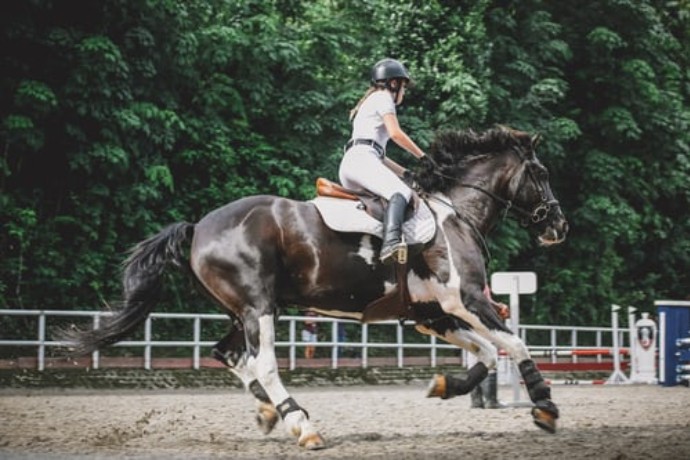
Best Breeches For Curvy Riders...

Best Stall Mats For Horses - ...

Best Horse Brushes ( A Thread ...

Best Saddle Rack ( Keep Your ...

Best Bit For Training a ...
.jpg)
10 Morgan Horse Show Held ...

Is Mason Sand Or Concrete ...
.jpg)
Best Girth For Your Horse ...
.jpg)
Ranch Cutter vs Cowhorse Saddle? ...
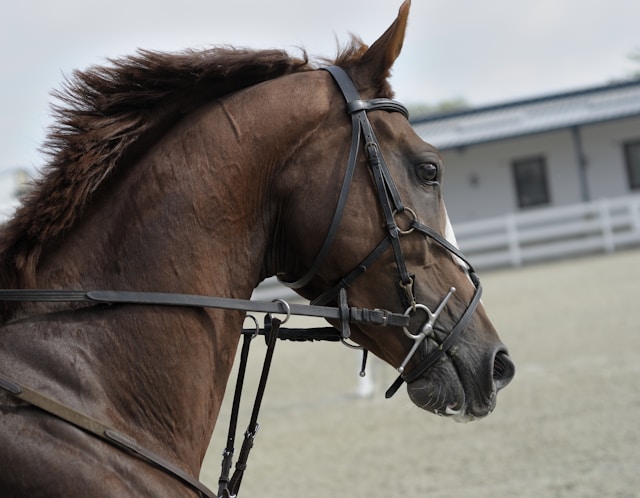
Types of Horse Bit and ...
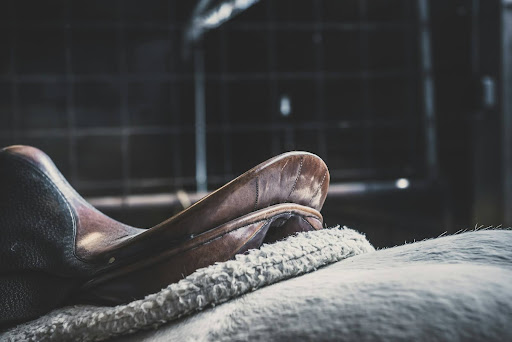
Is Hilason a Good Saddle ...
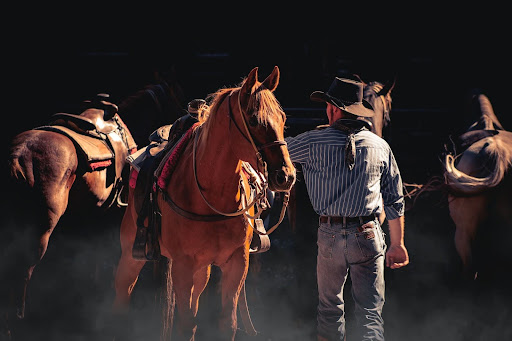
How to choose a bit ...
.jpg)
Best Salt Blocks For Horses...
.jpg)
Types of Horse Brushes (Equine ...
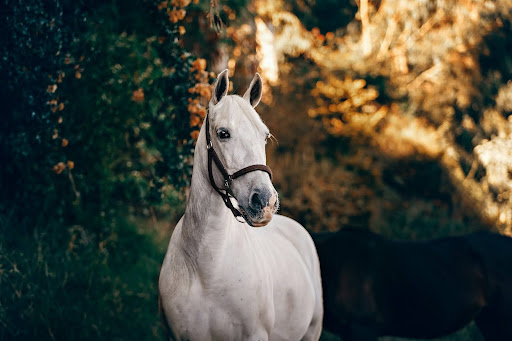
How To Get a Horse ...
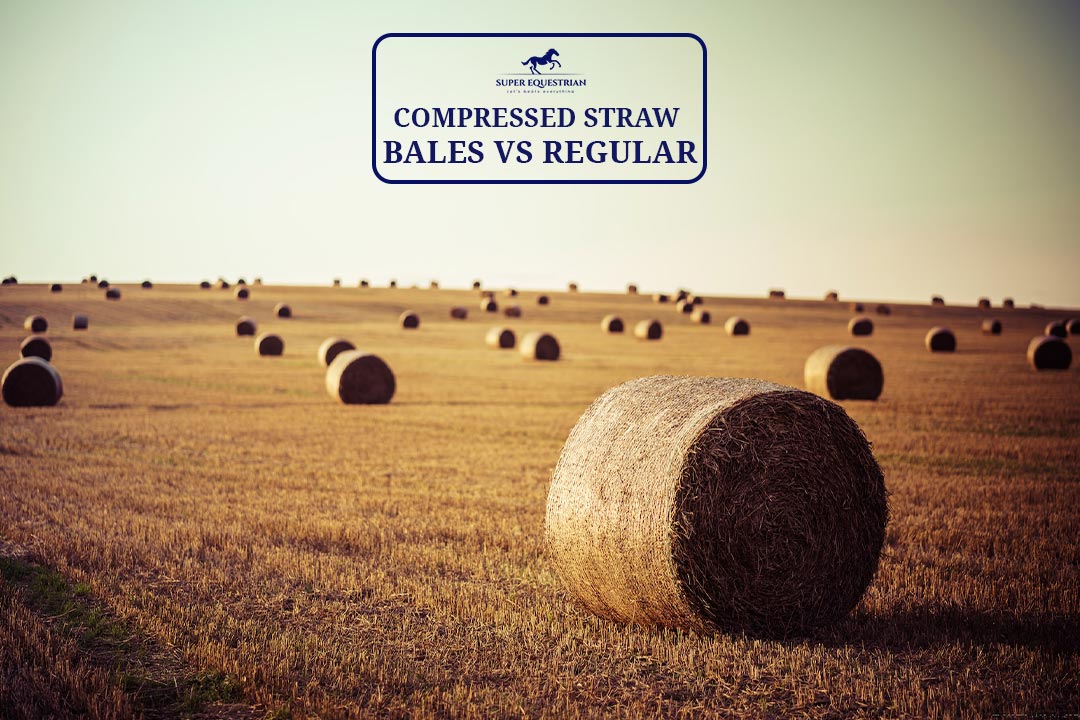
Compressed Straw Bales Vs Regular? ...

Horse Riding Lessons For Intermediate ...
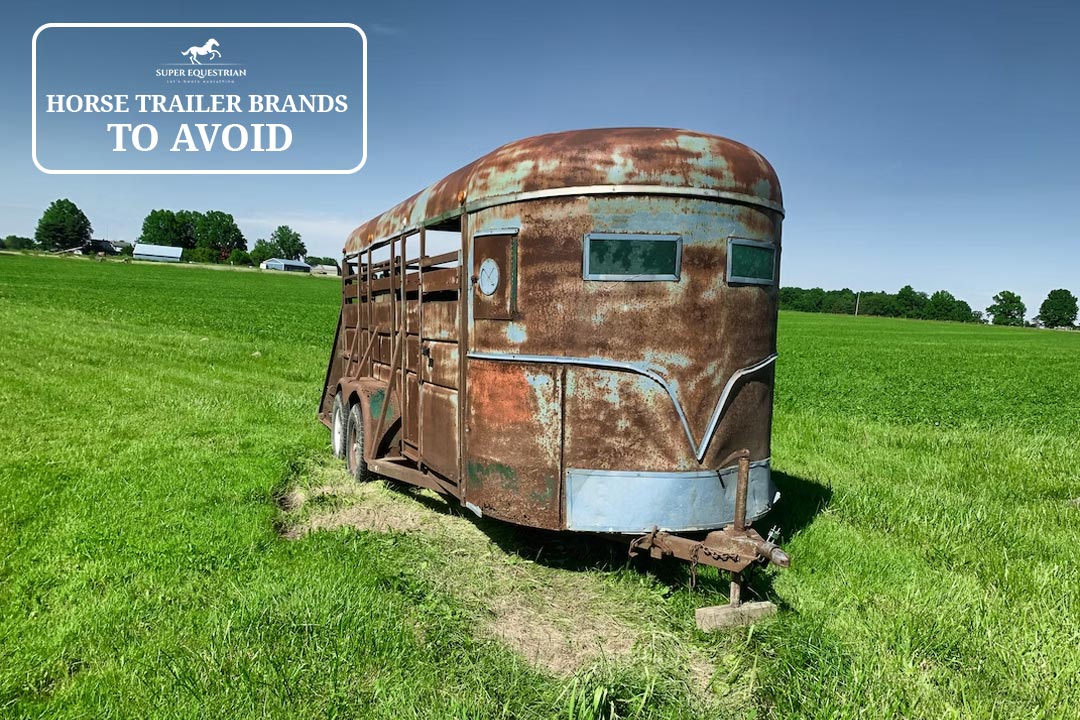
Horse Trailer Brands To Avoid...

Strawberry Roan vs Red Roan? ...
.jpg)
Gelding vs Stallion...
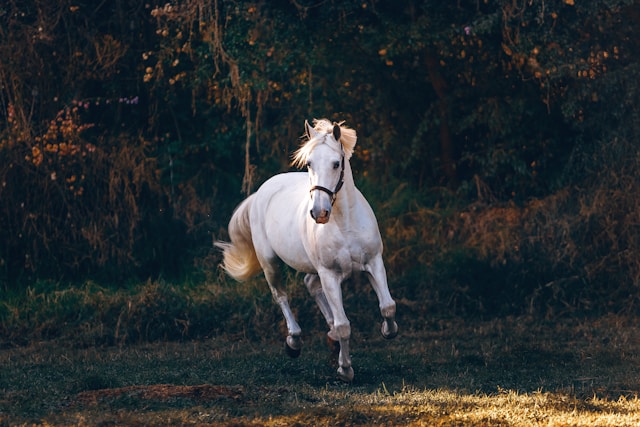
Why Does a Horse Whinny? ...
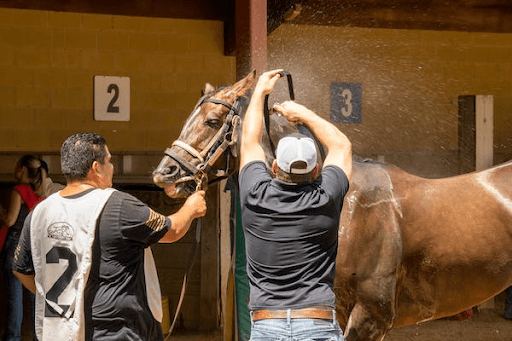
How to Clean a Rusty ...
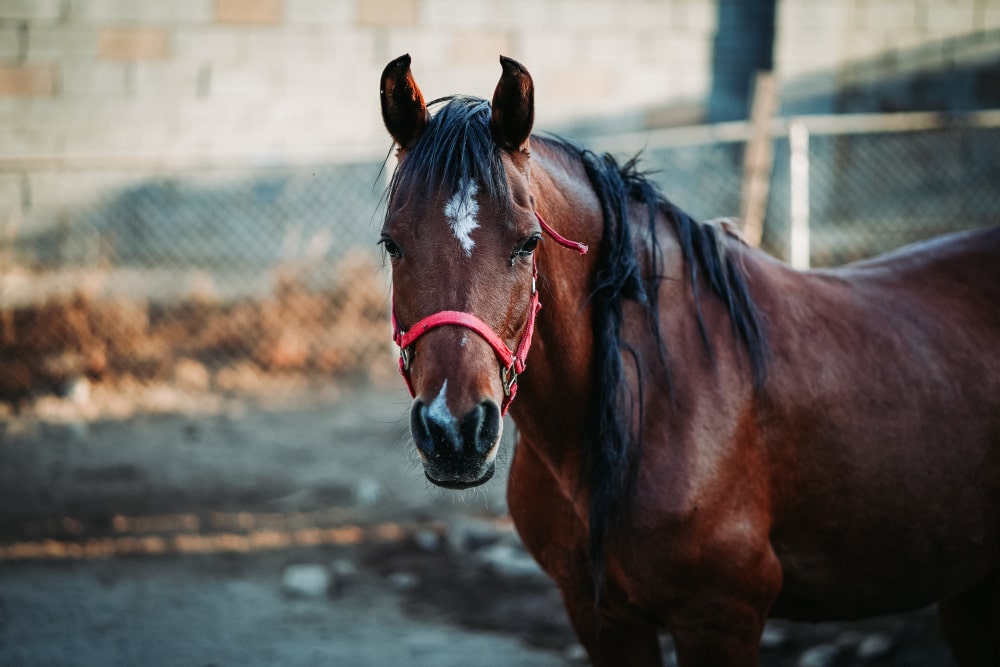
Why Do Horses Foam at ...
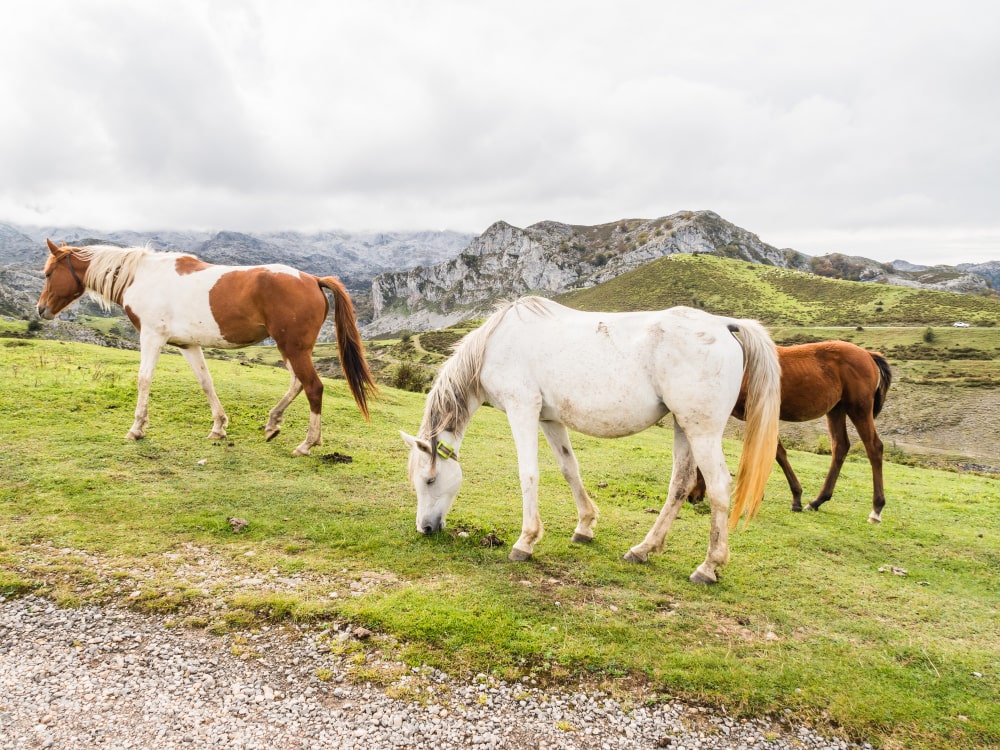
Why Do Horses Bob Their ...

Nutrition Unveiled: Triple Crown Senior ...
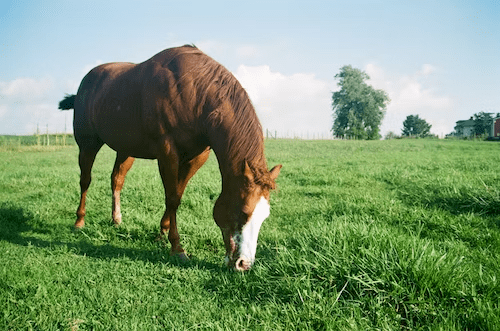
Pasture Pro Vs. Grazon: Horse-...
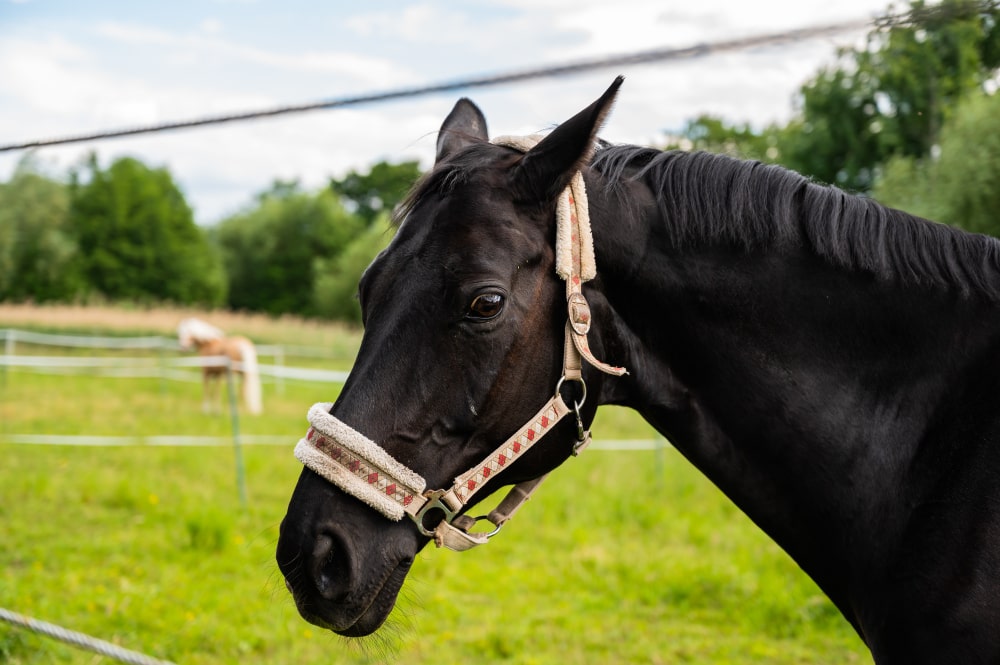
Dutch Gag Vs. Pelham: Bits ...
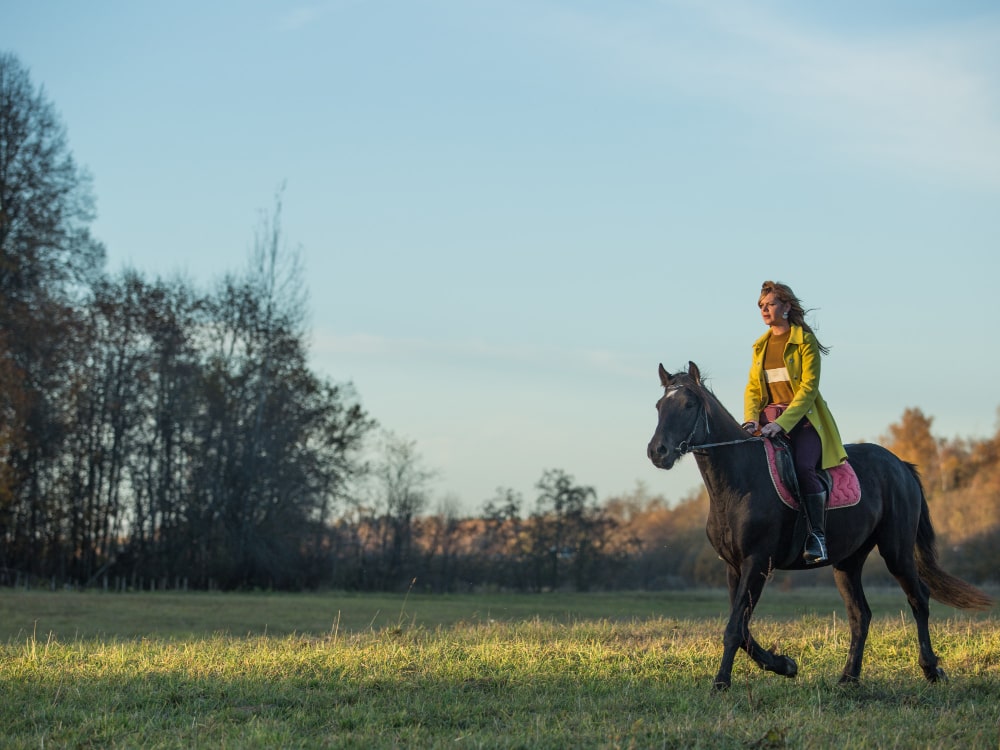
Walking Horse vs Racking Horse: ...
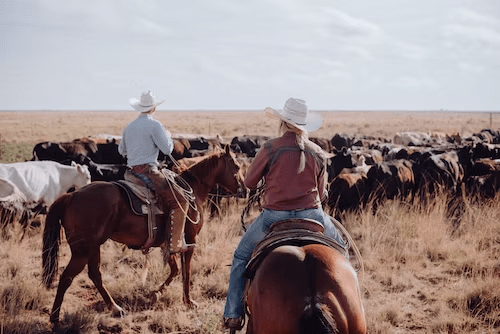
Wade vs Association Saddle: Your ...
.jpg)
Step Up vs Ramp Horse ...

Bosal vs Hackamore: A Head-...
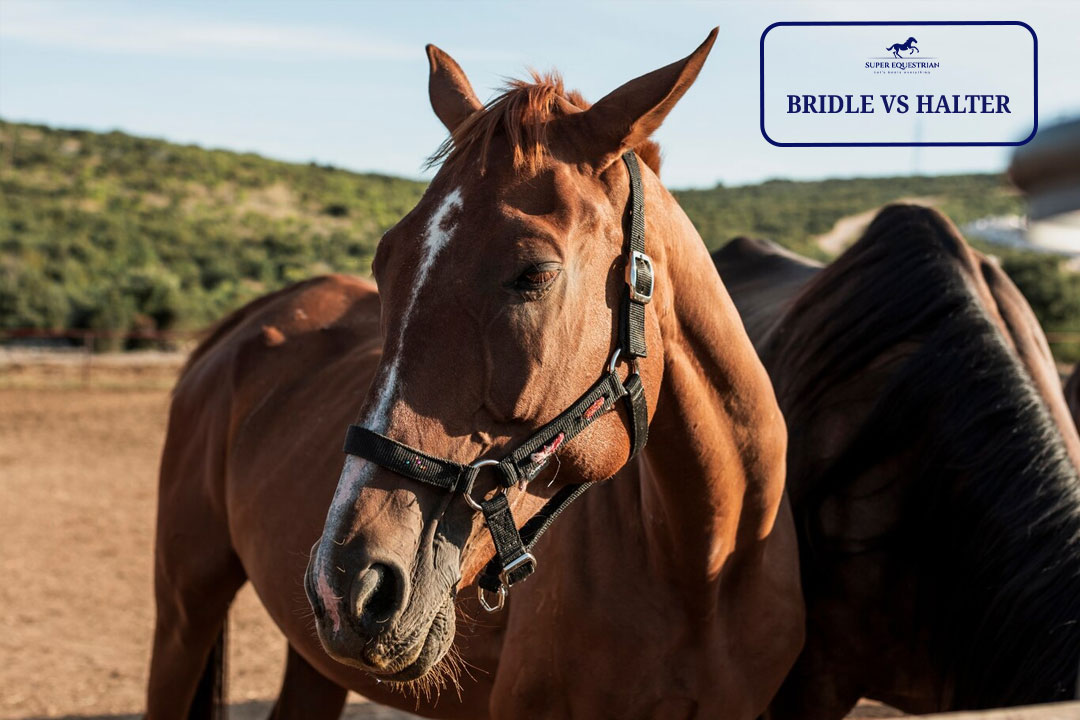
Bridle Vs Halter: Which One ...

Paddock Boots Vs Riding Boots: ...

Shadow Horse Trailer Problems: Causes, ...
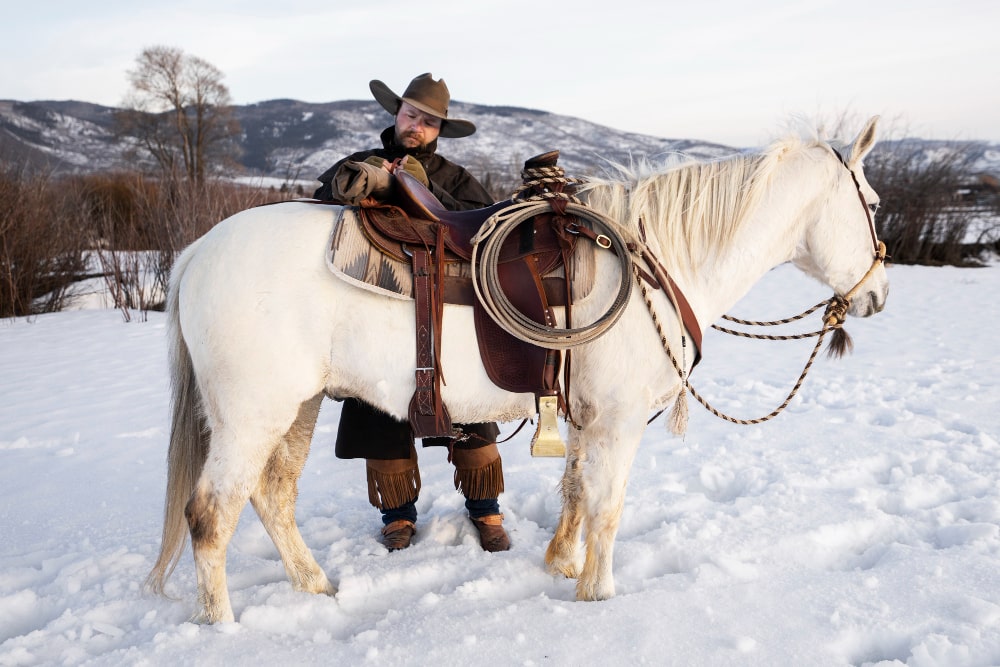
Are Billy Cook Saddles Good - ...

Let's Start at the ...
Benefits of Beet Pulp for ...
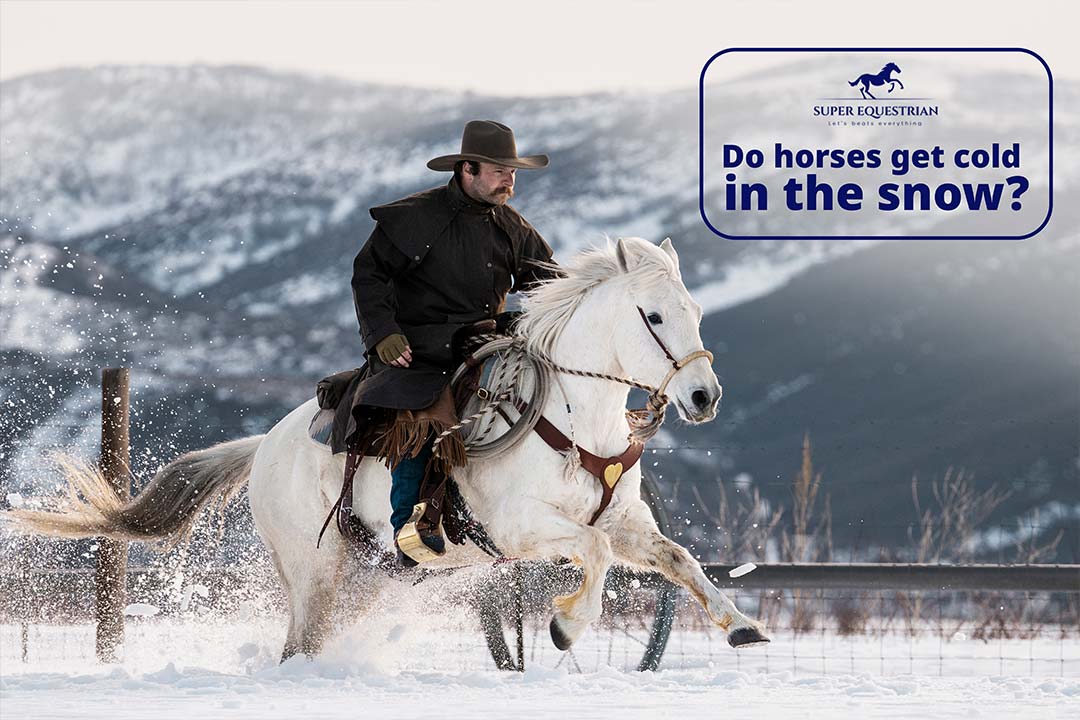
Do horses get cold in ...

Why Do Race Horses Need ...
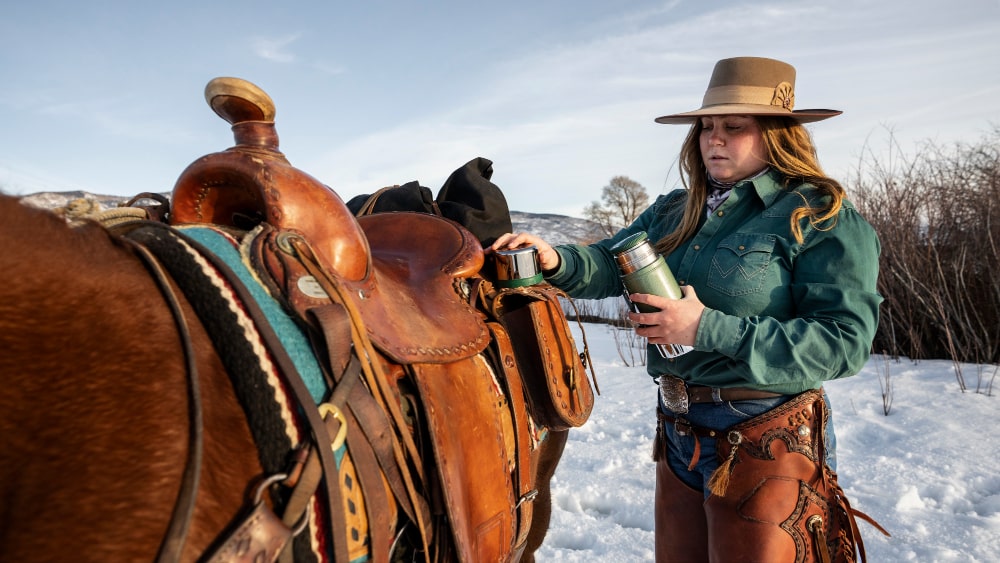
Ranch Saddle vs. Roping Saddle: ...

Round Pen vs Square Pen ...

Must Have Horse Trailer Accessories: ...
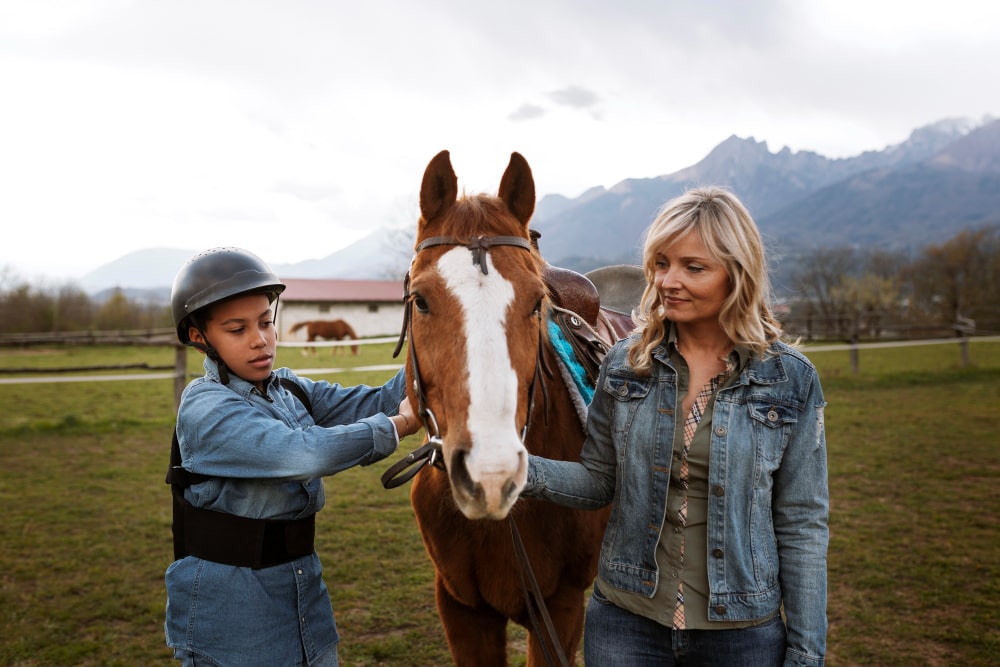
Is MIPS Worth for Equestrian?...

Natural Horsemanship vs Positive Reinforcement: ...

How to Mount a Horse ...

How to Store a Saddle ...

Why are Stirrups Important in ...
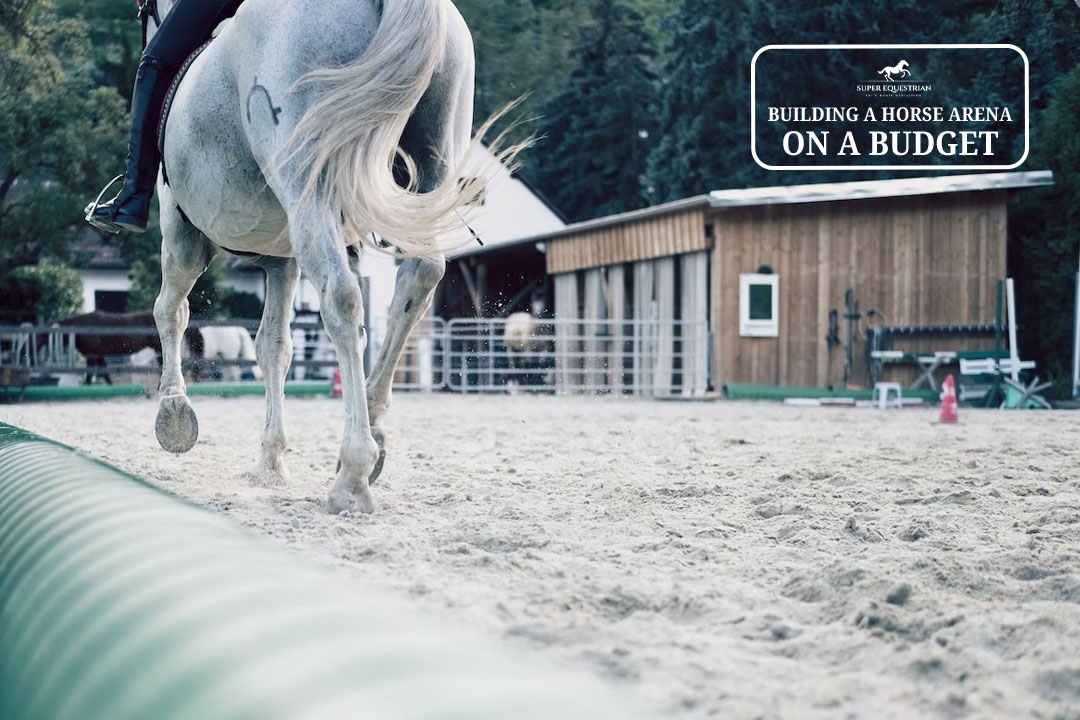
Building a Horse Arena on ...

How to Make Horse Treats ...

Order of Grooming a Horse...

Horse Riding Lessons Plan: The ...

Horse Trailer Roof Replacement and ...
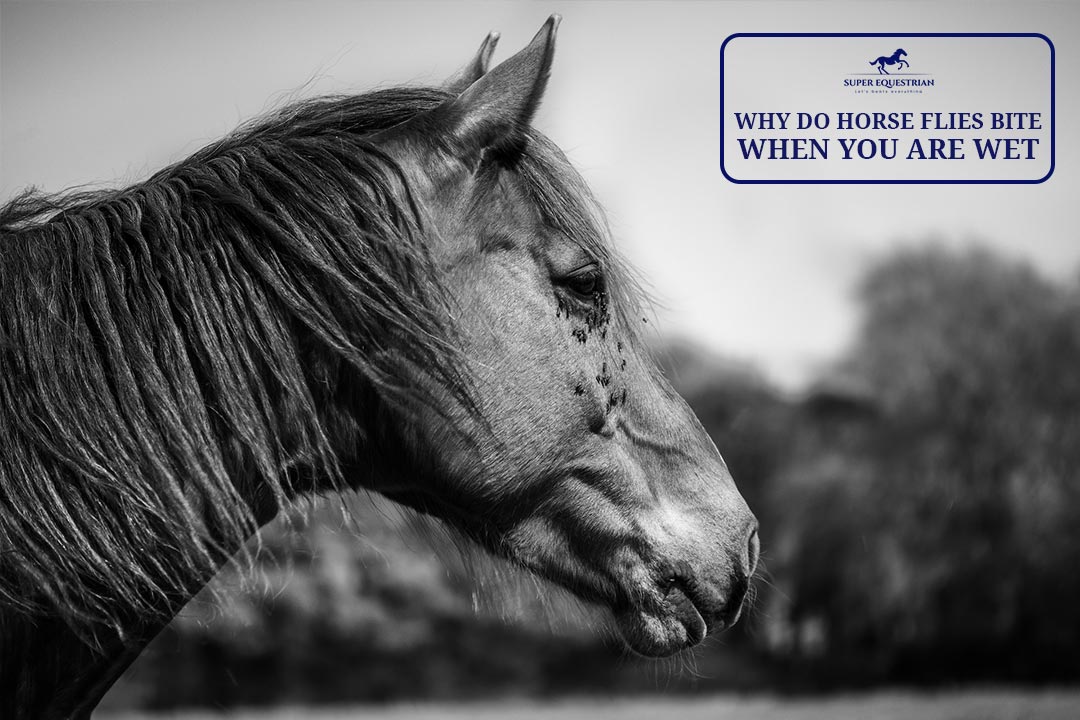
Why Do Horse Flies Bite ...
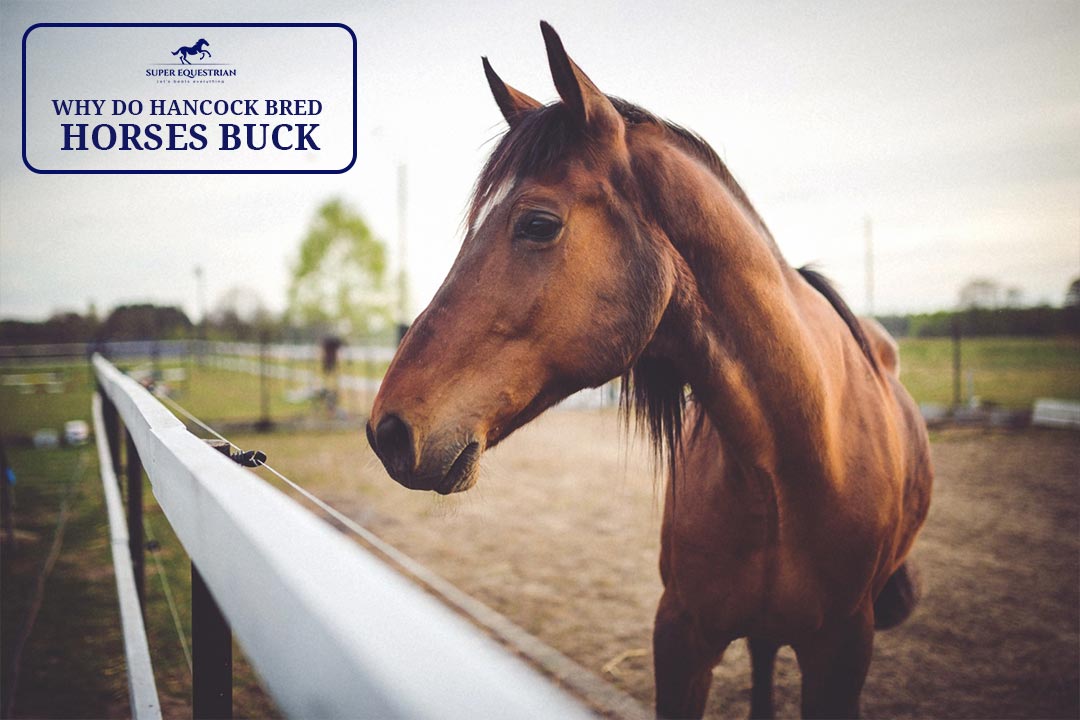
Why Do Hancock Bred Horses ...

Quarter Horse Bloodlines to Avoid...
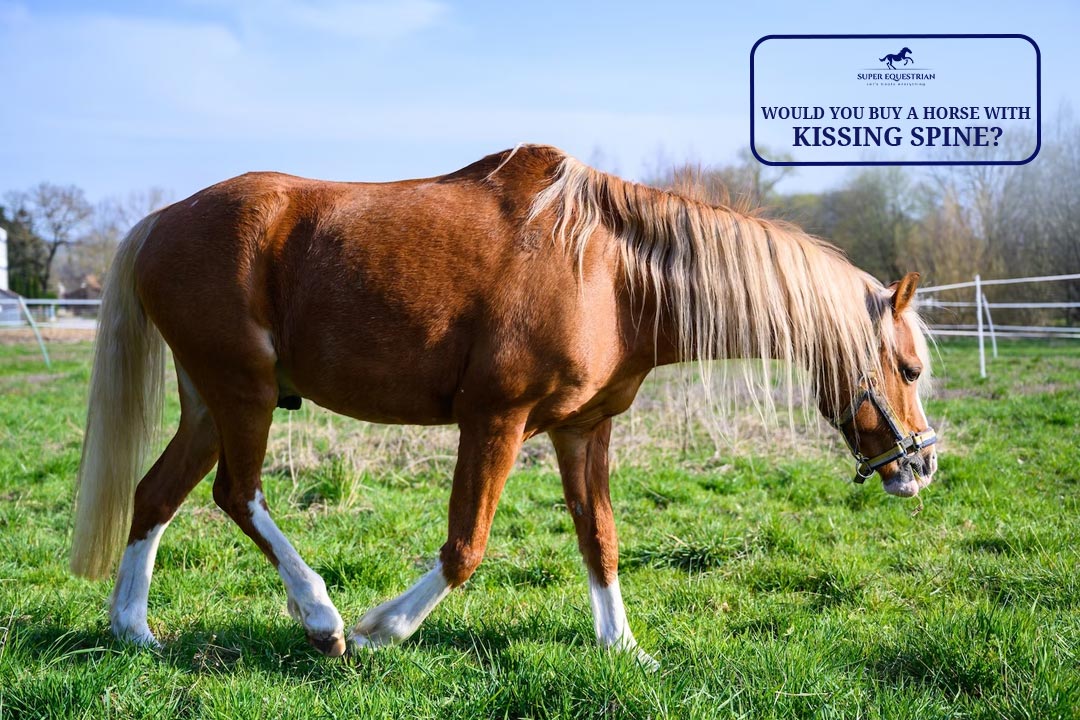
Would You Buy a Horse ...

Why Do Horses Allow Us ...

Would you buy a horse ...

Why Are Klapper Bits So ...

Why do horses need to ...

Why do you mount a ...
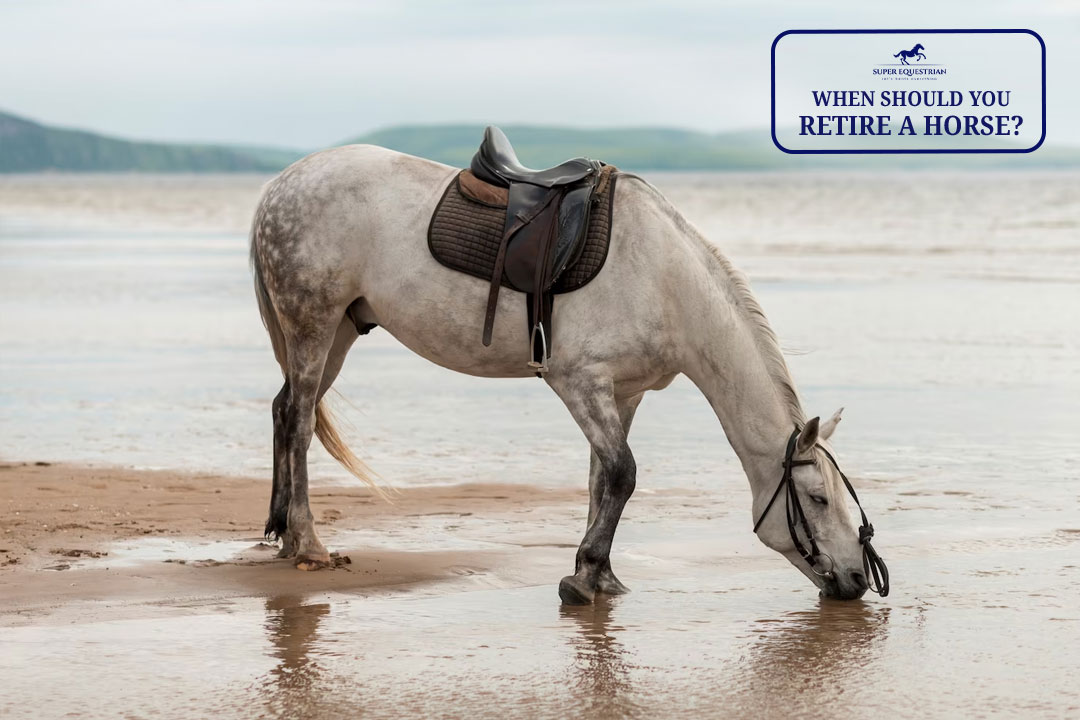
When Should You Retire A ...
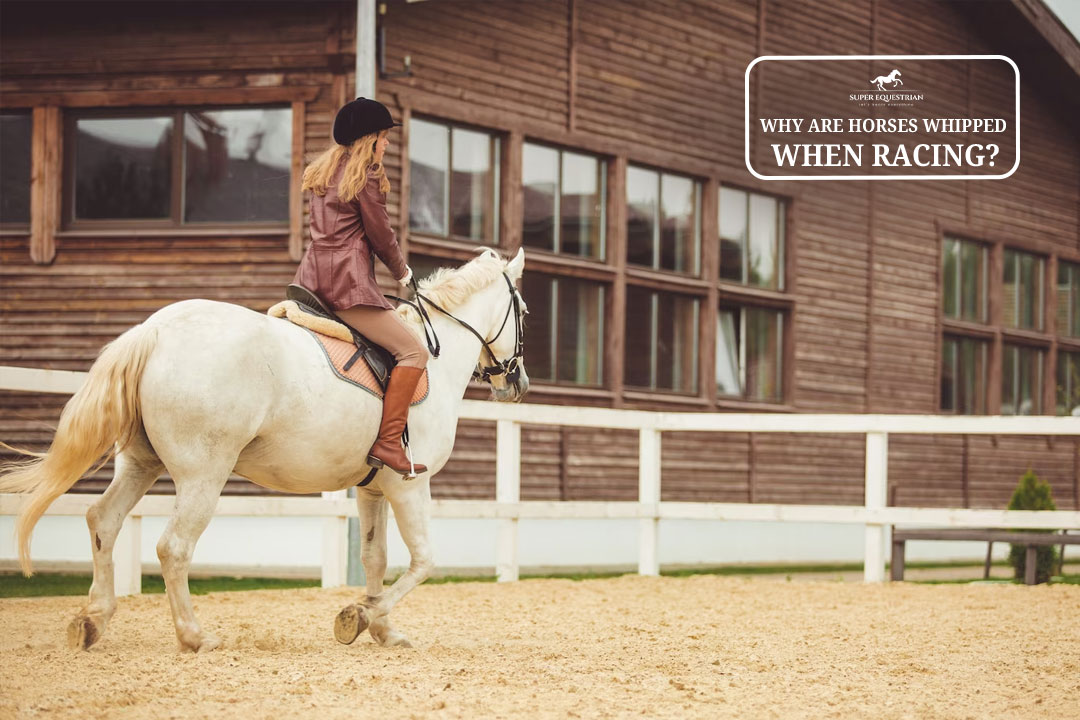
Why Are Horses Whipped When ...
.jpg)
Why Do Horses Have A ...
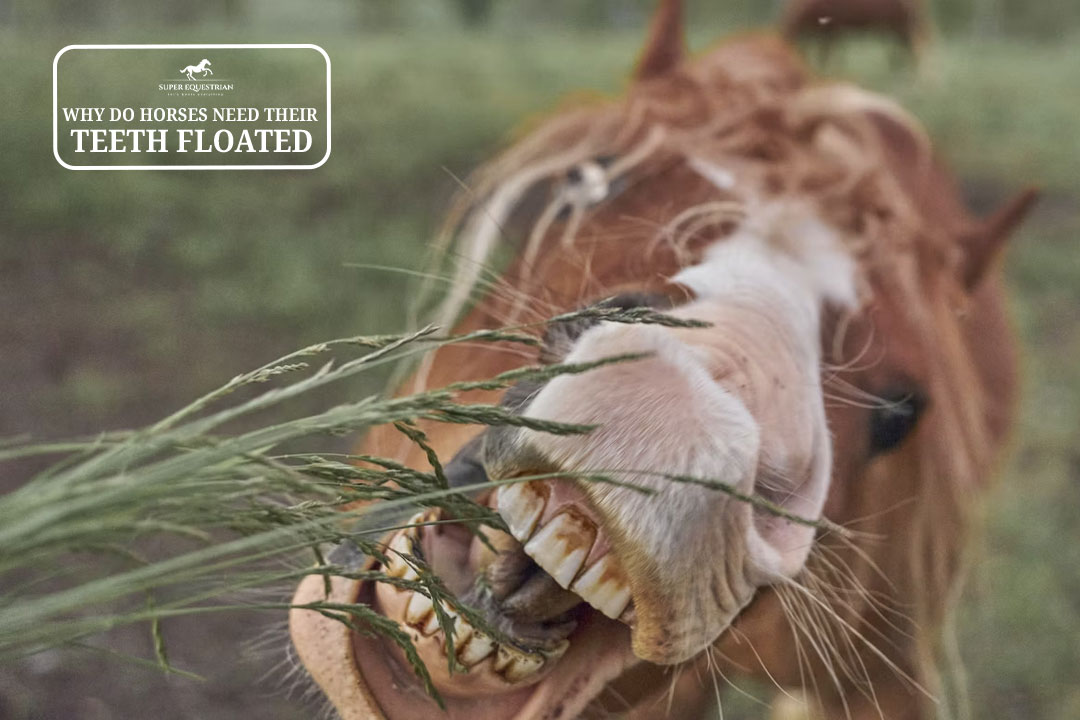
Why Do Horses Need Their ...

What To Do If Horse ...

What To Do If A ...
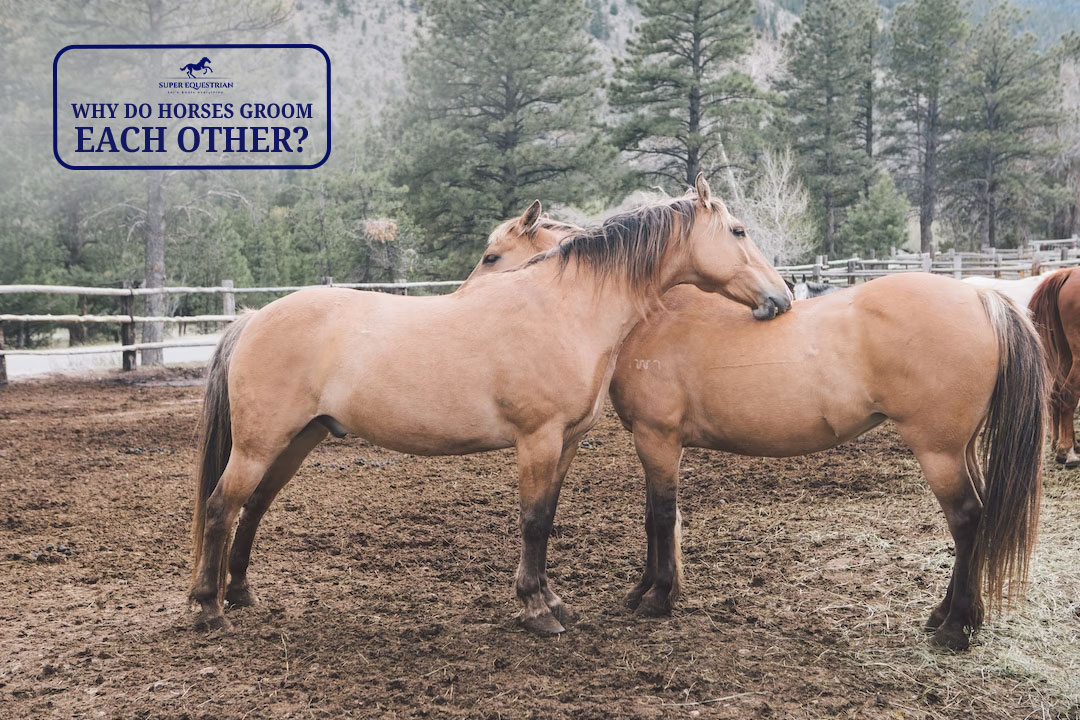
Why do horses groom each ...
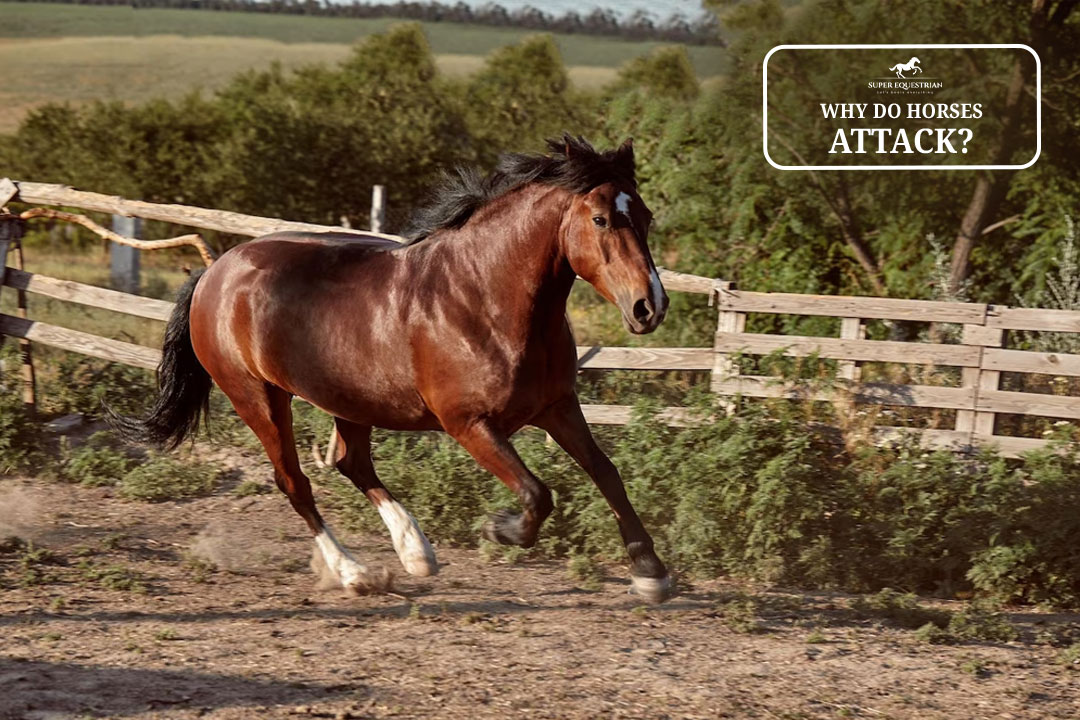
Why do horses attack...

Should I Use a Martingale ...

How to fit bell boots ...
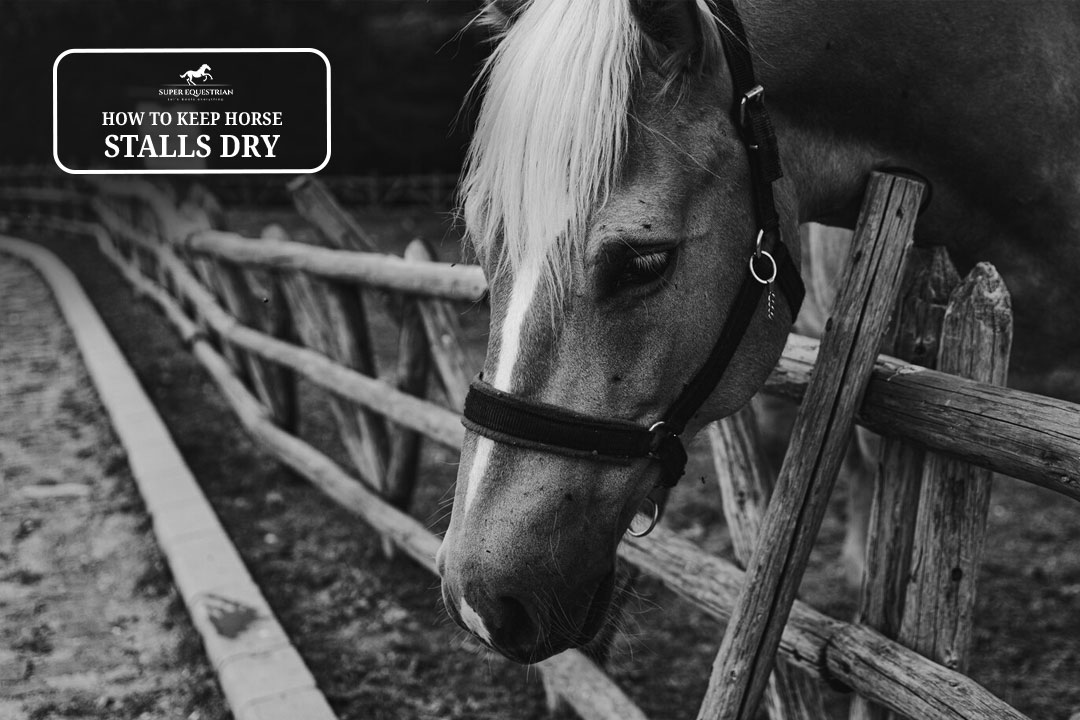
How To Keep Horse Stalls ...
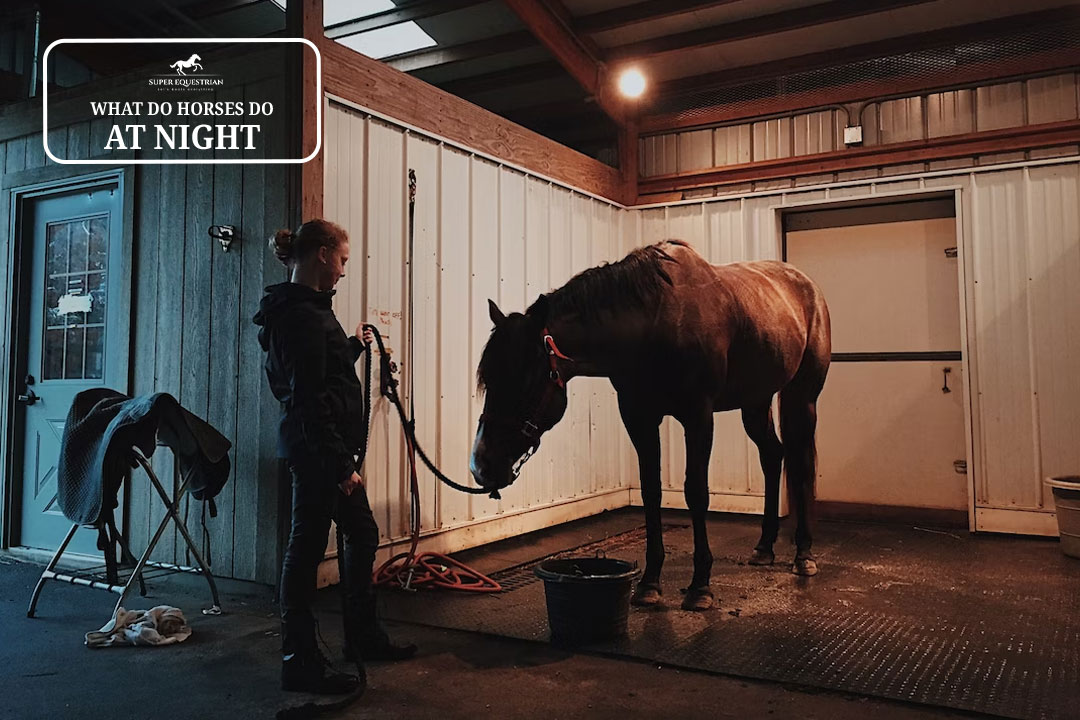
What Do Horses Do At ...
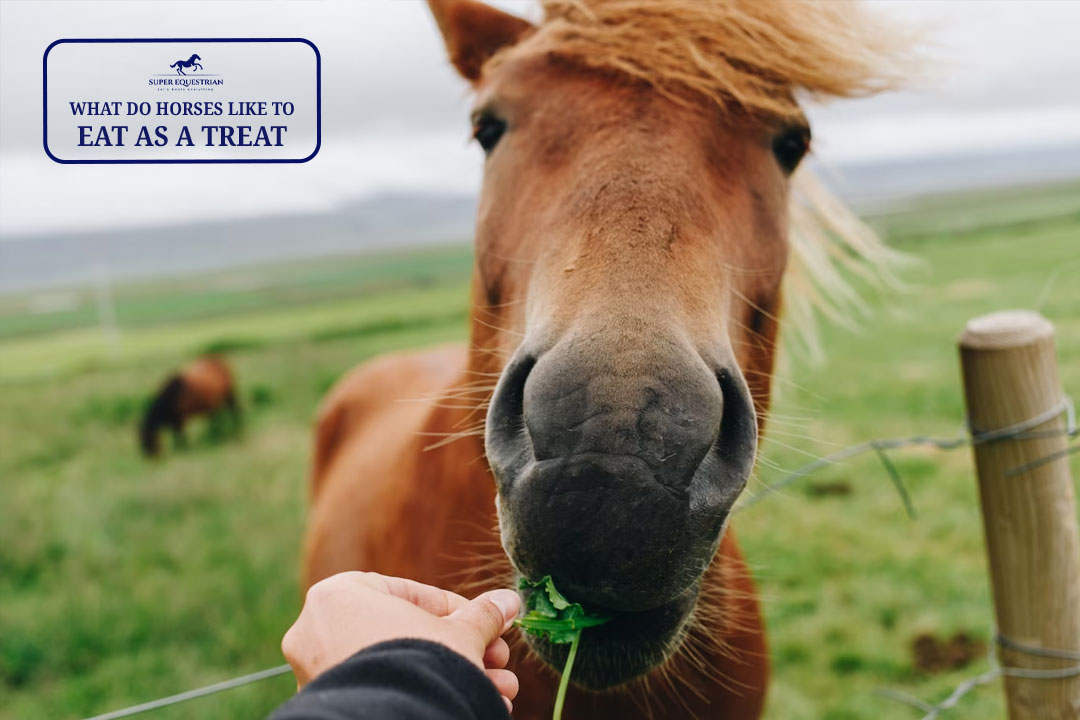
What do horses like to ...

Why do wild horses get ...

Can you ride a horse ...
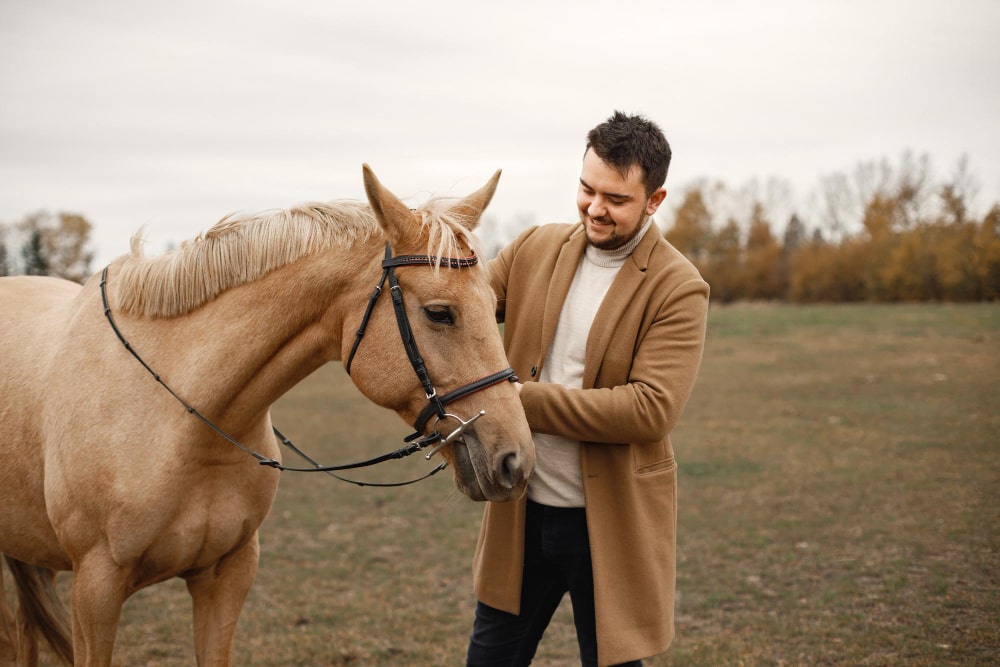
Are horses protective of their ...

Why racking horses are popular ...
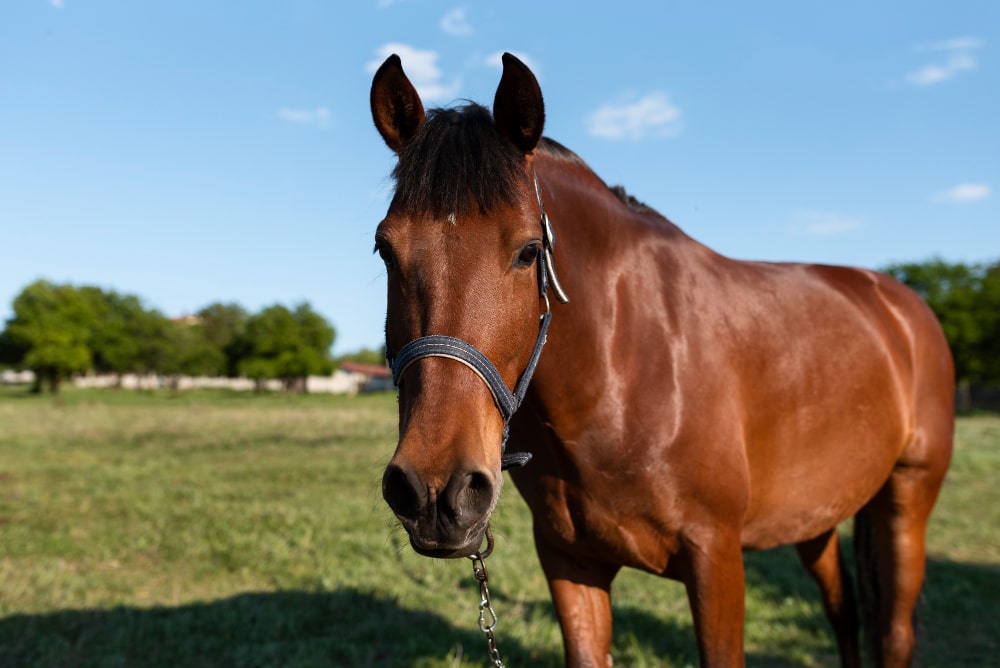
How To Keep Horses Off ...
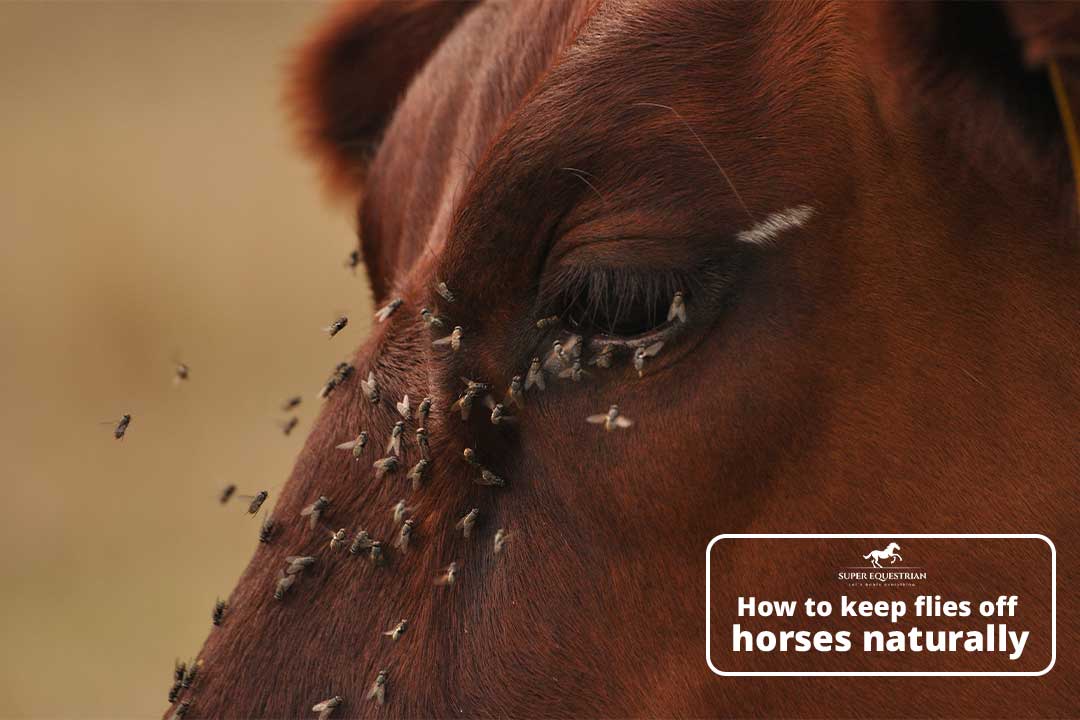
How to Keep Flies Off ...
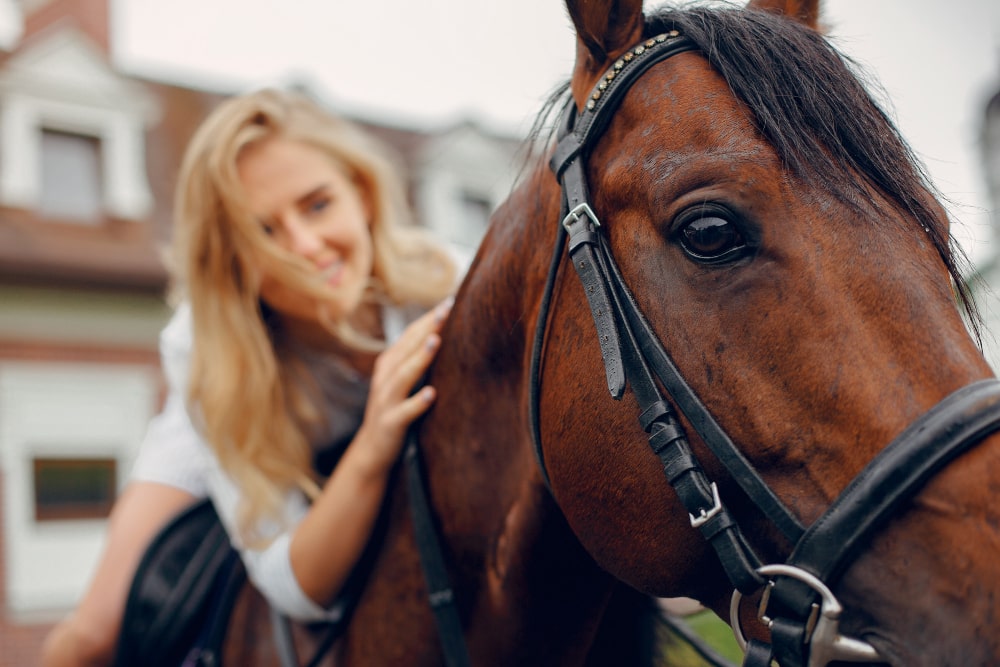
Pros and Cons Using A ...
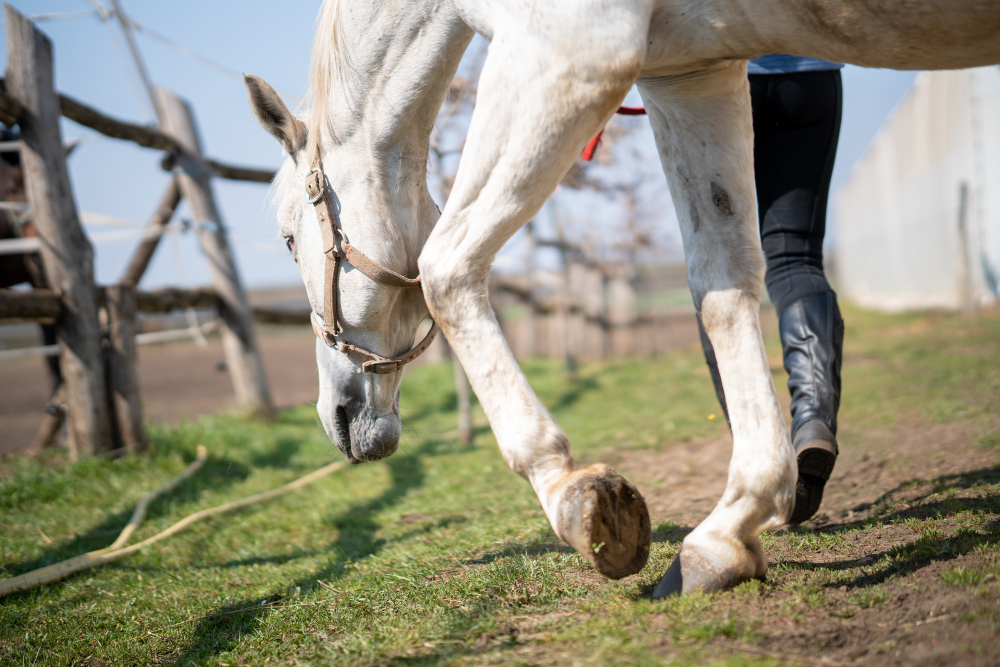
Can you ride a horse ...

Why are Corriente saddles so ...
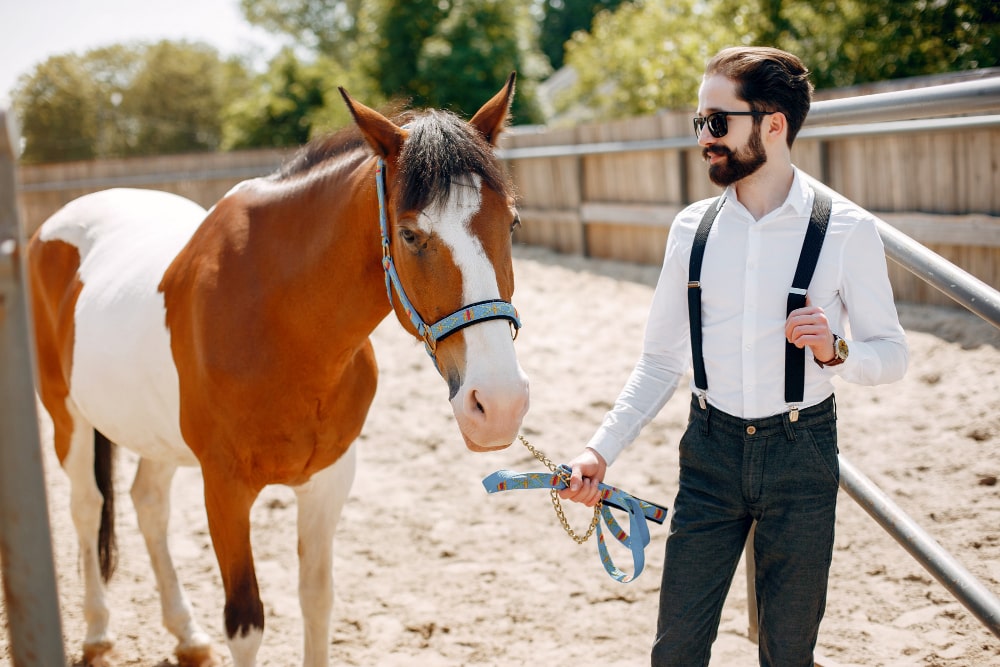
Pros and cons of equine ...
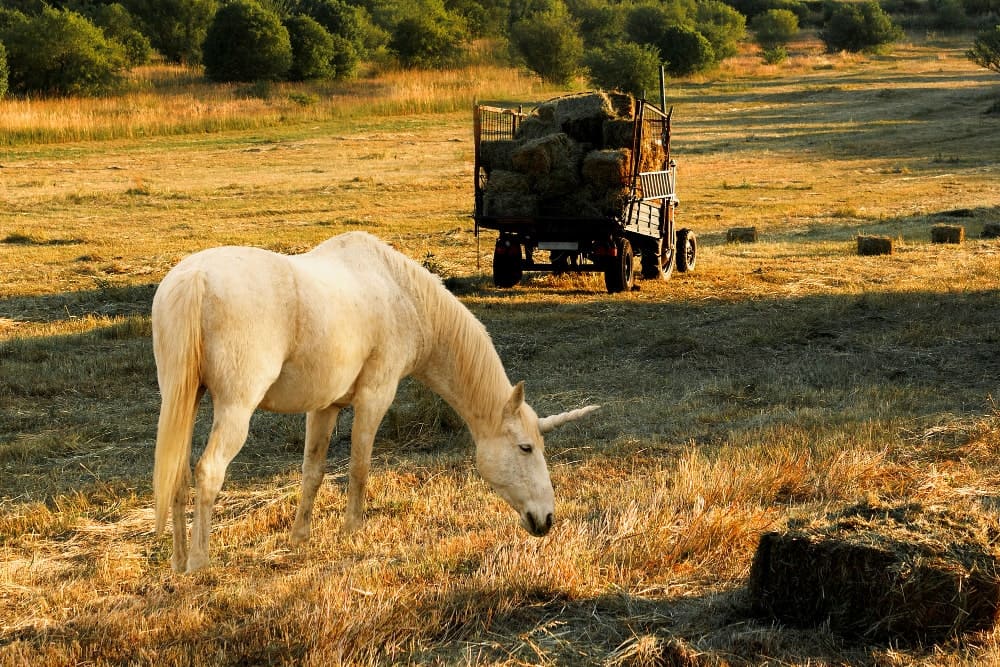
How Long After Mowing Can ...

How to Care for a ...
.jpg)
Why Do Horses Wear Blinders: ...
.jpg)
How to fit an exercise ...

Why is my horse bucking ...
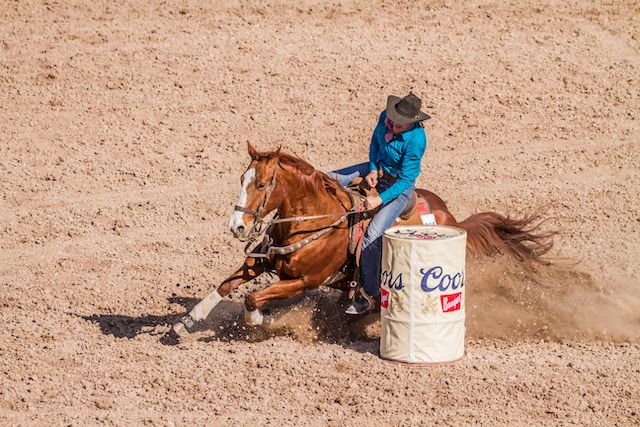
What causes a horse to ...
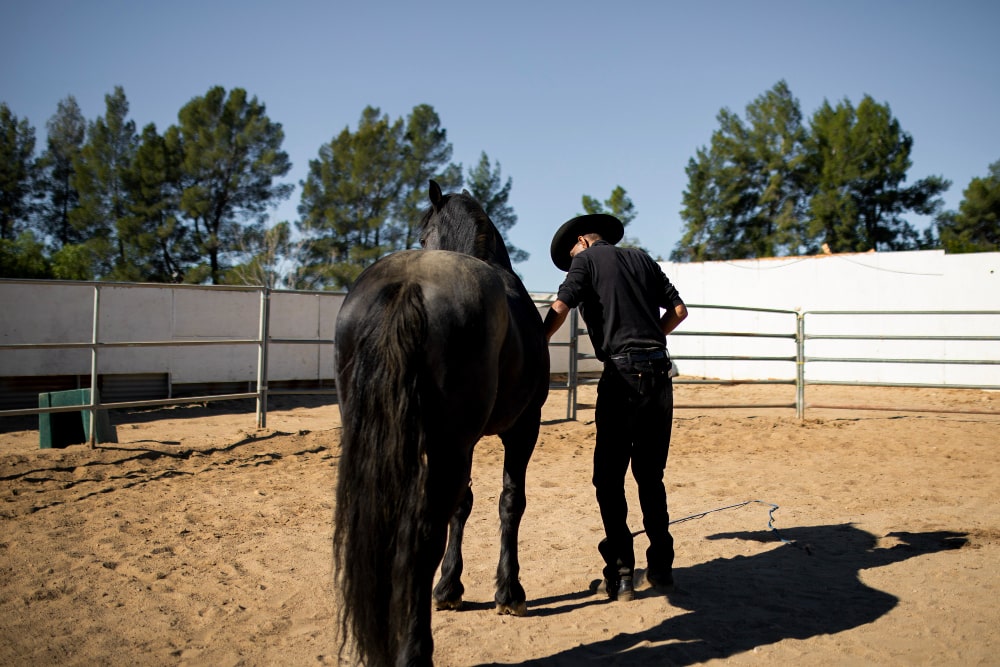
How to Stop a Horse ...
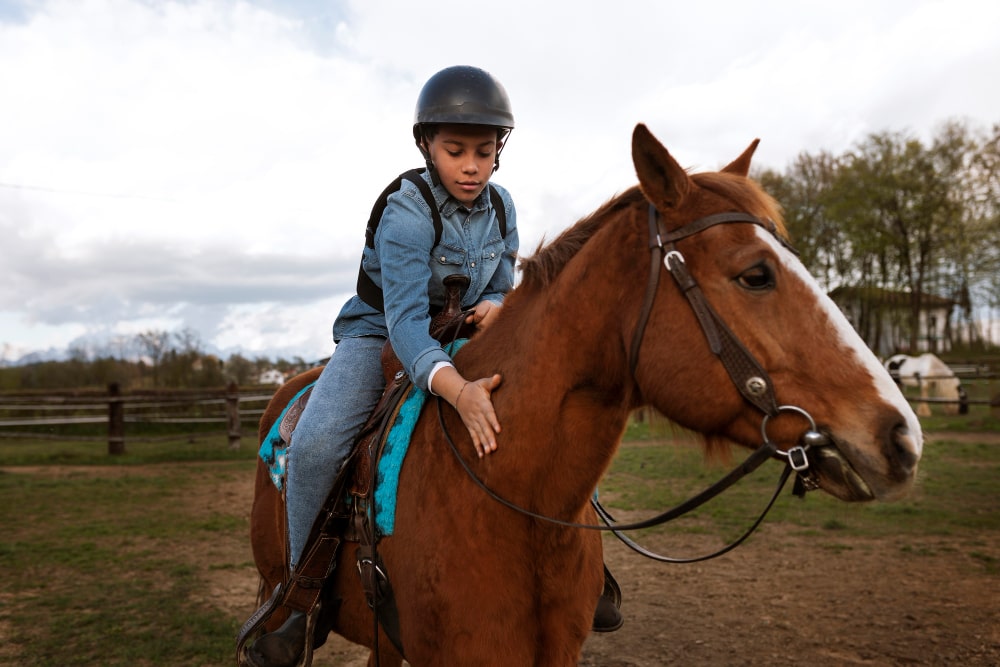
Why Is My Horse Bunny ...
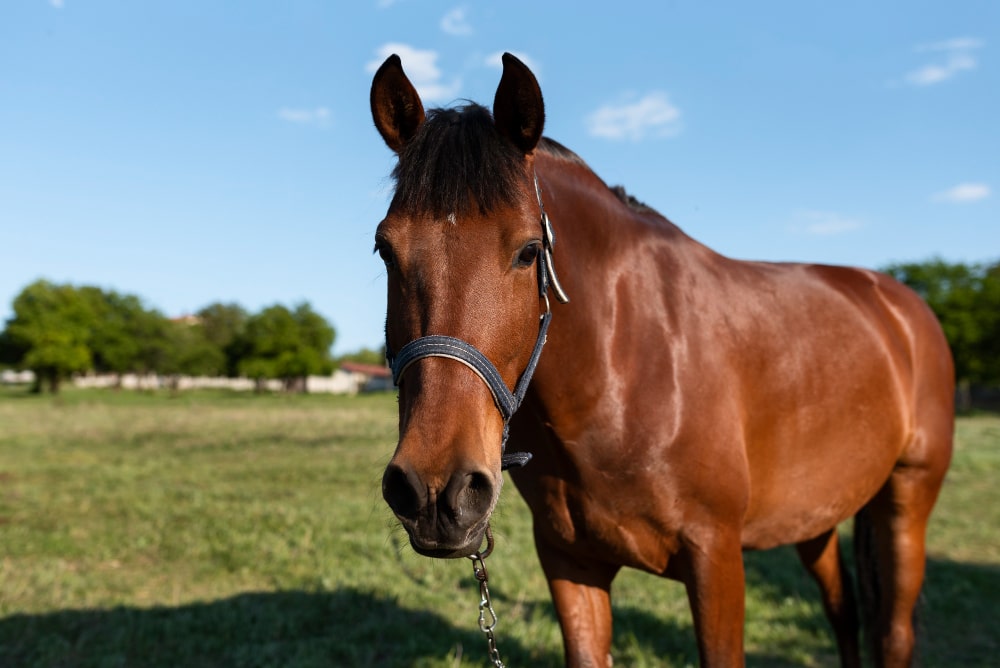
How To Improve Pasture For ...
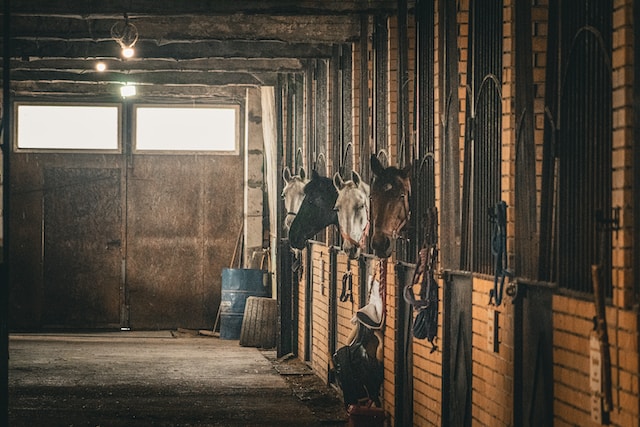
How to get the smell ...

Can you add ramp to ...

What Is The Temperament Of ...
.jpg)
Why Is Friesian Horse Hair ...
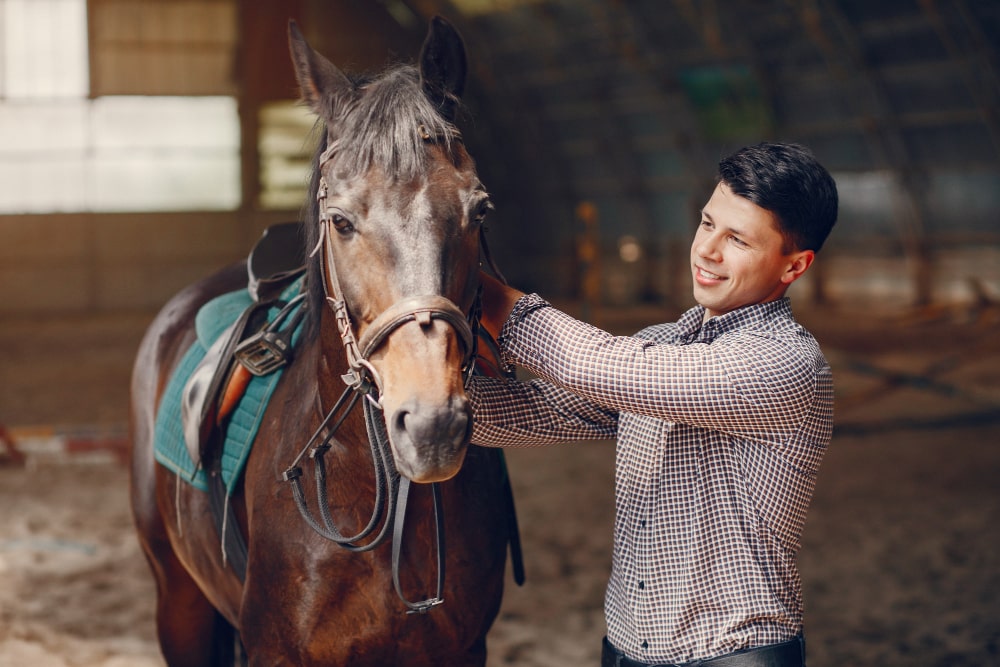
Why is my horse testing ...
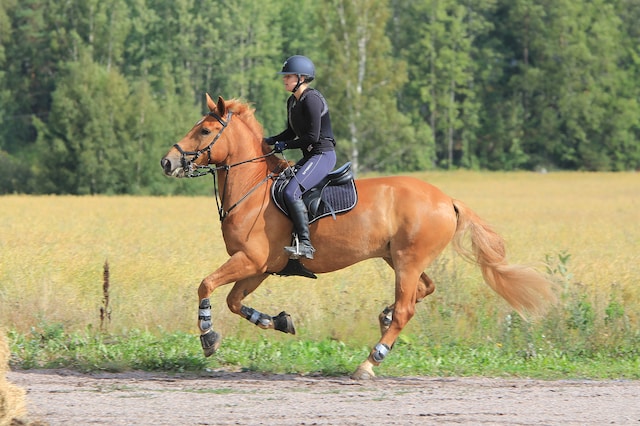
How often you should take ...

How long does it take ...
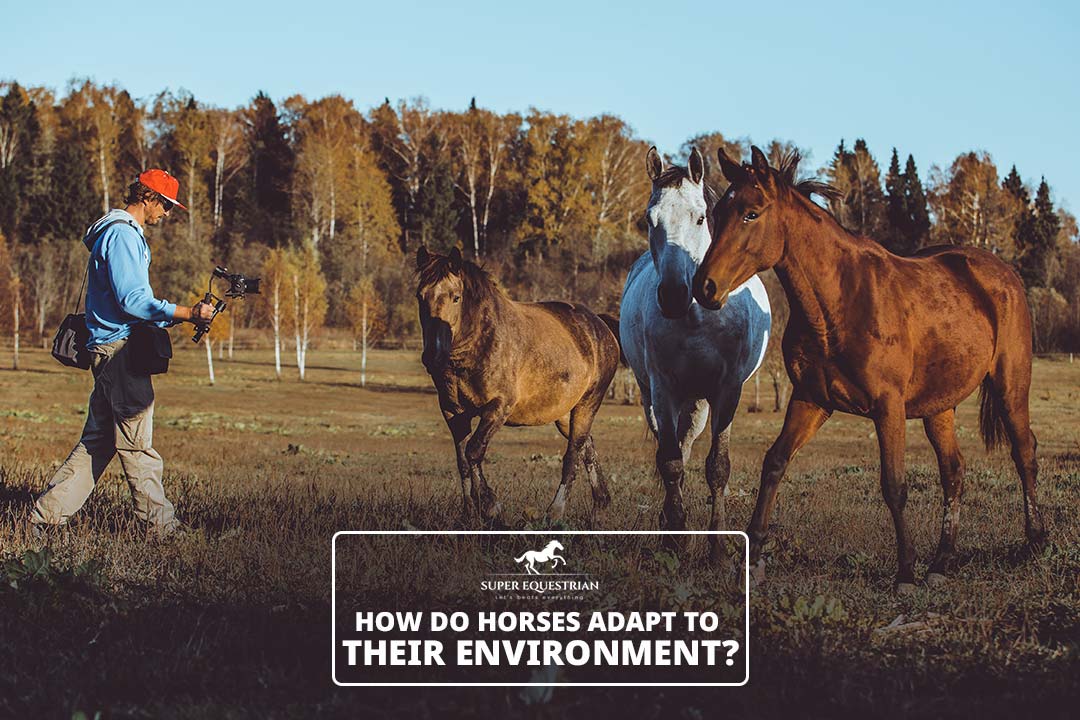
How do horses adapt to ...

How To Prepare For A ...

How To Find A Reputable ...
.jpg)
Do Horses Get Medals at ...

How to create a horse-...